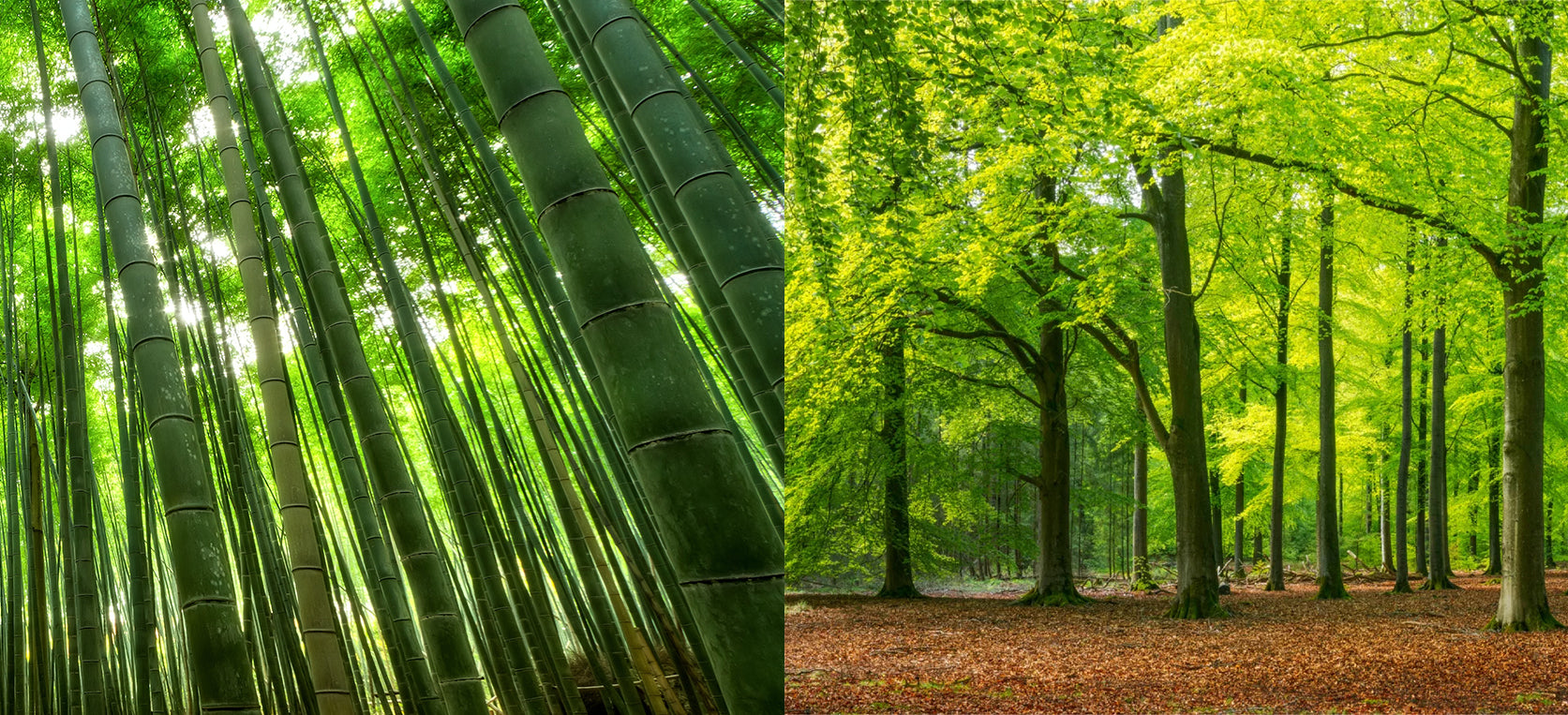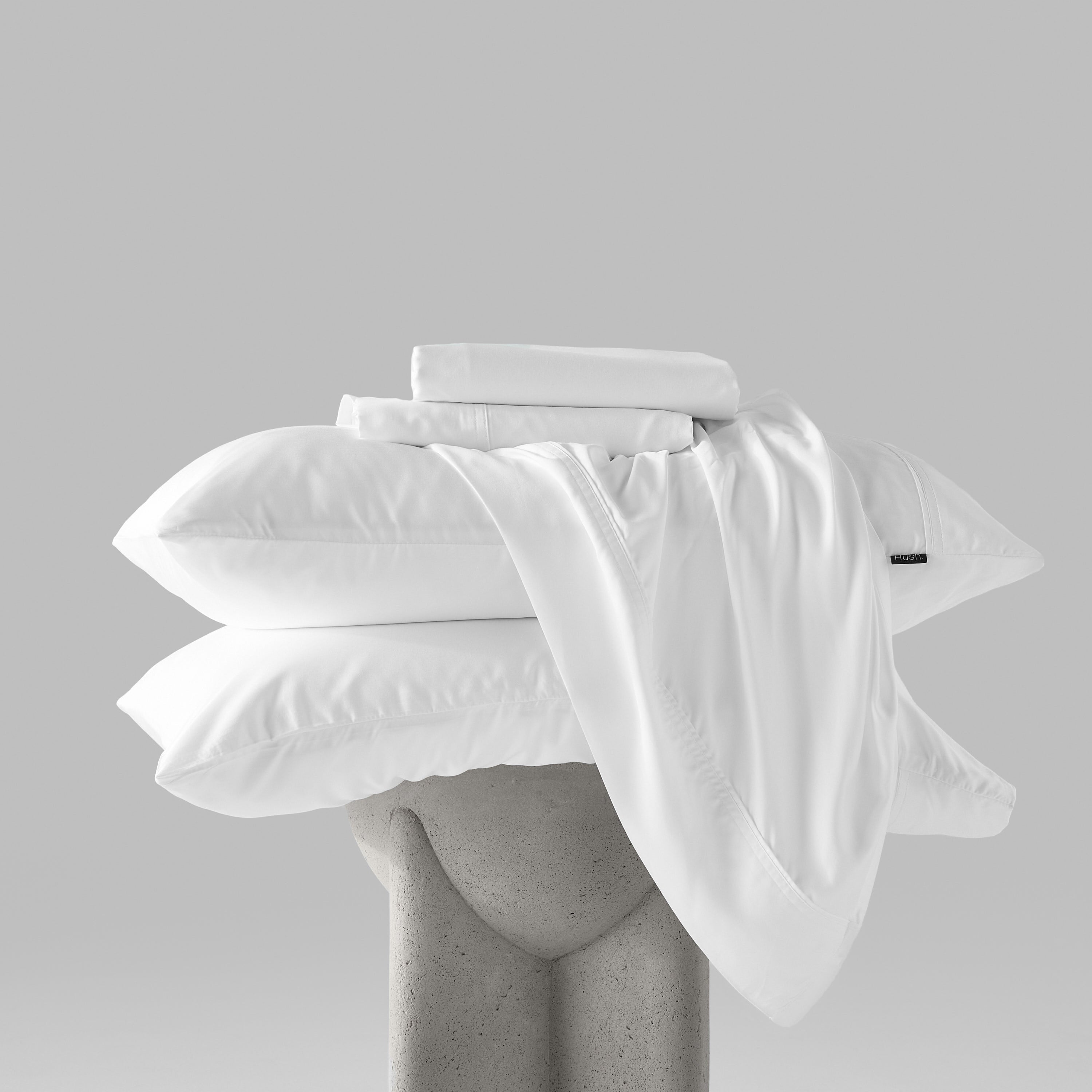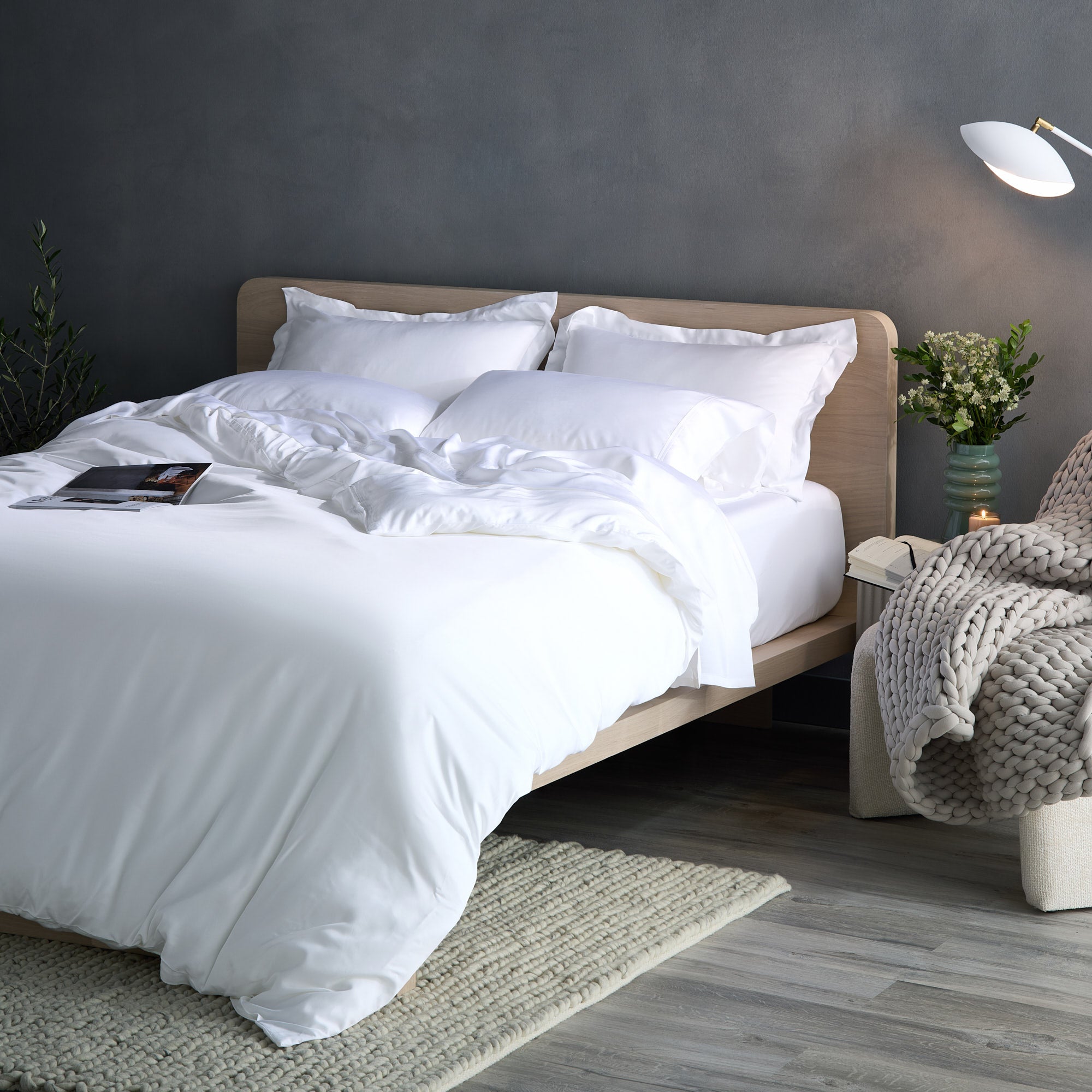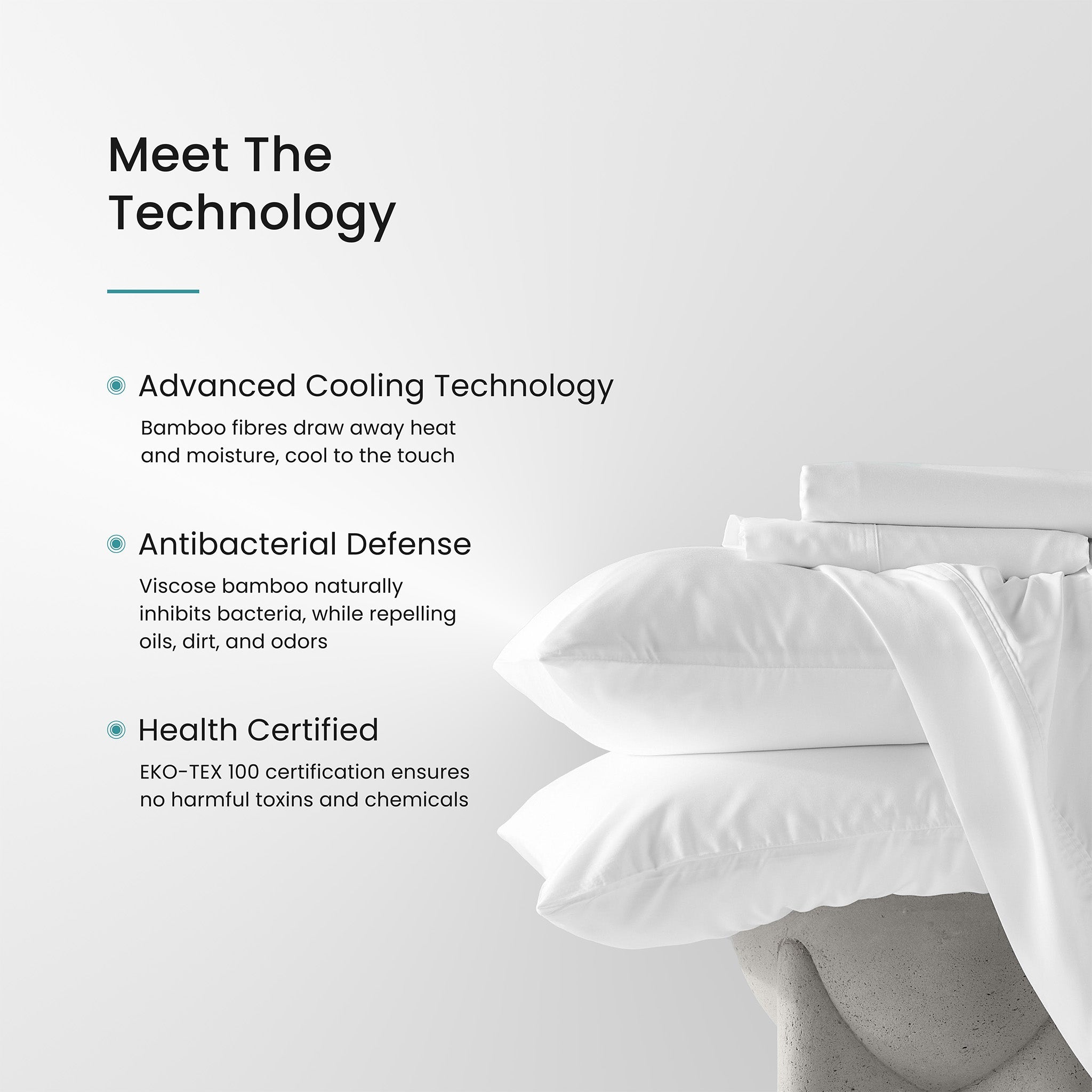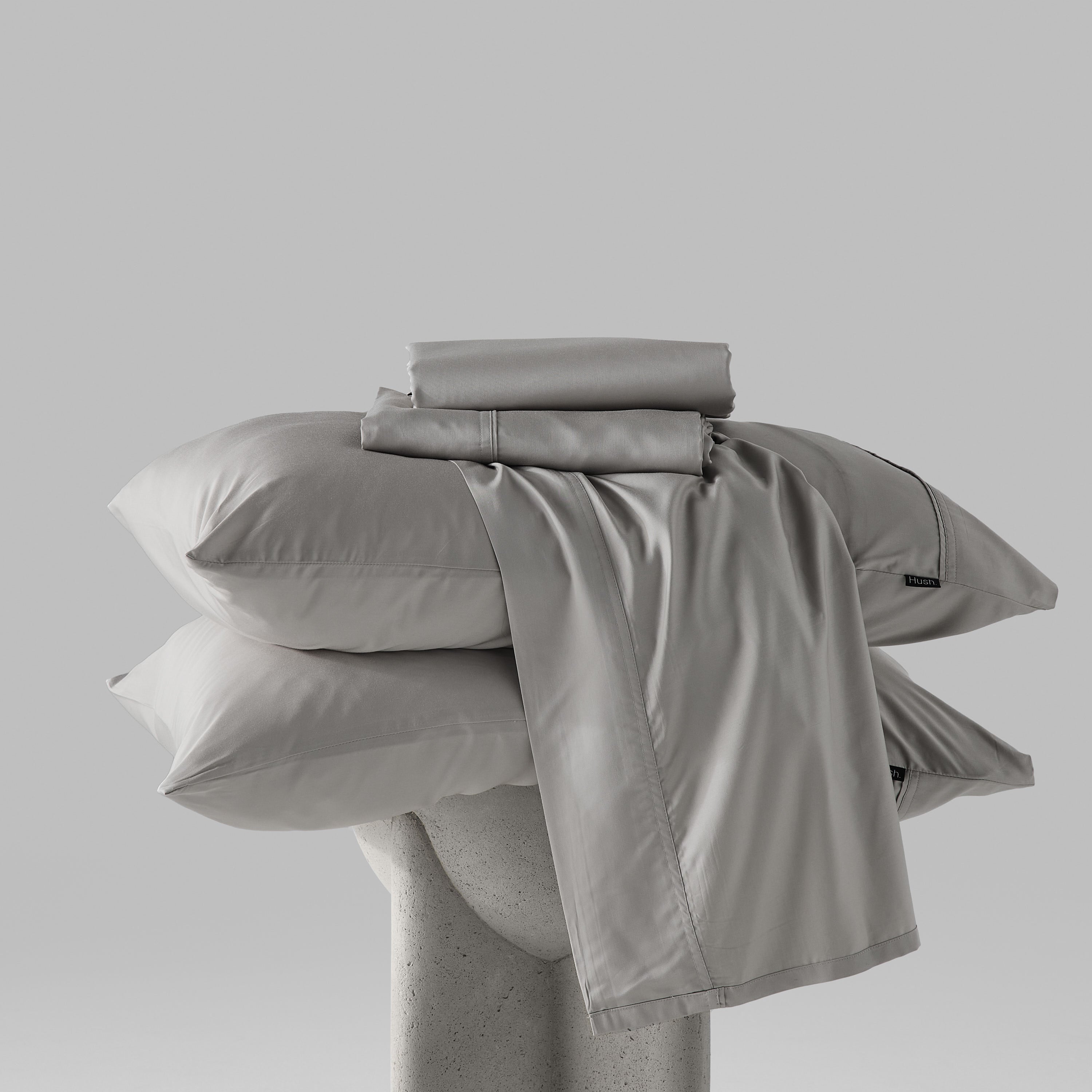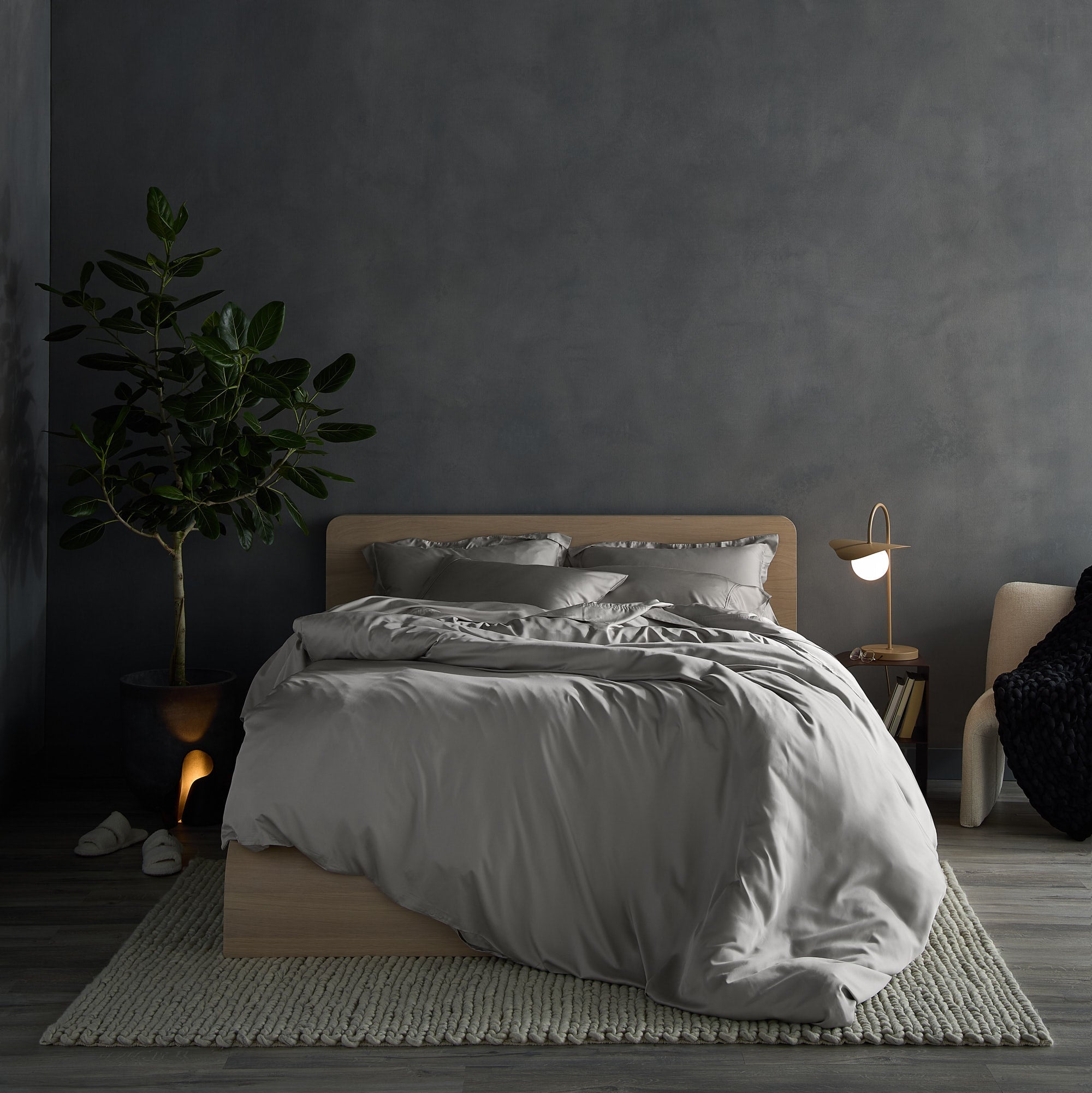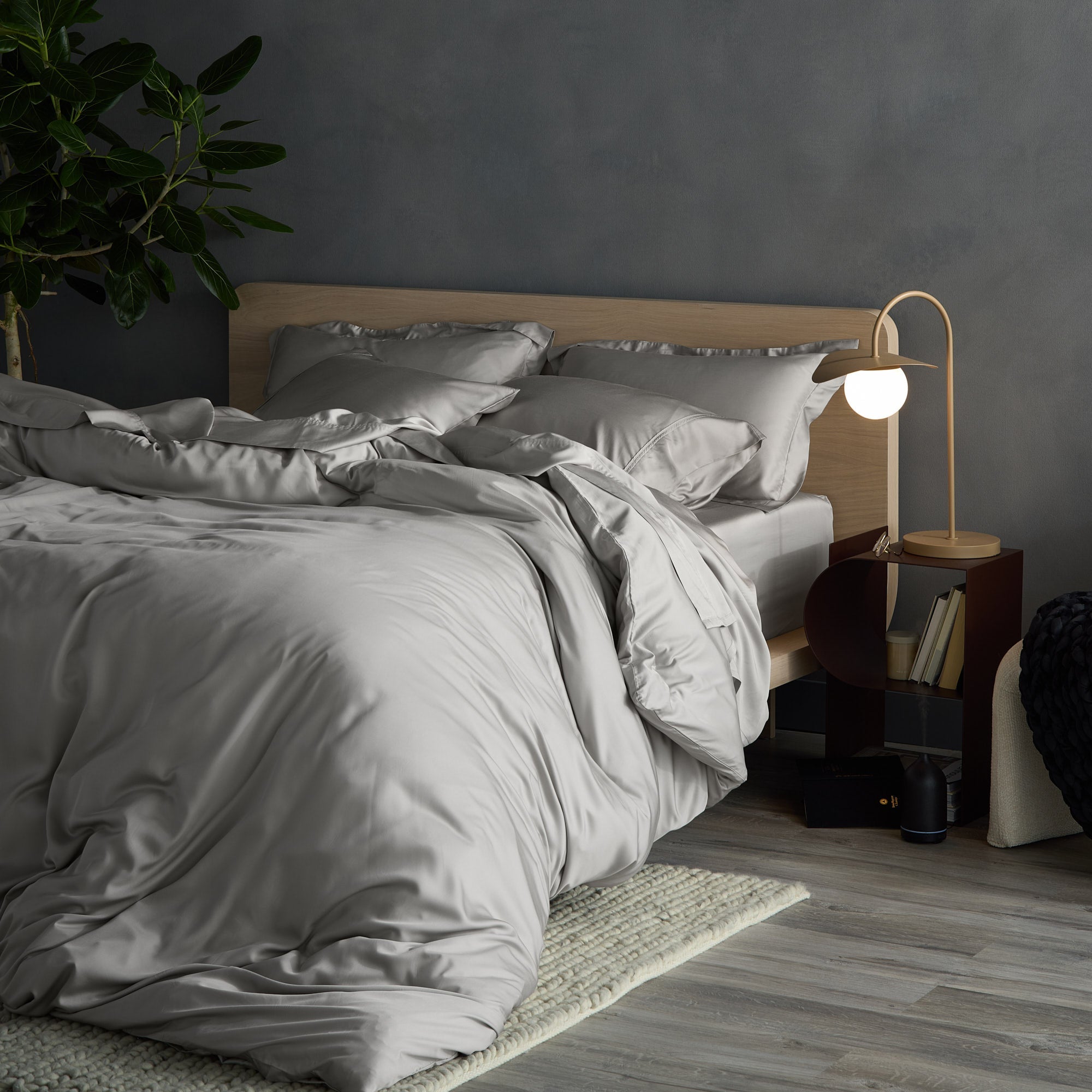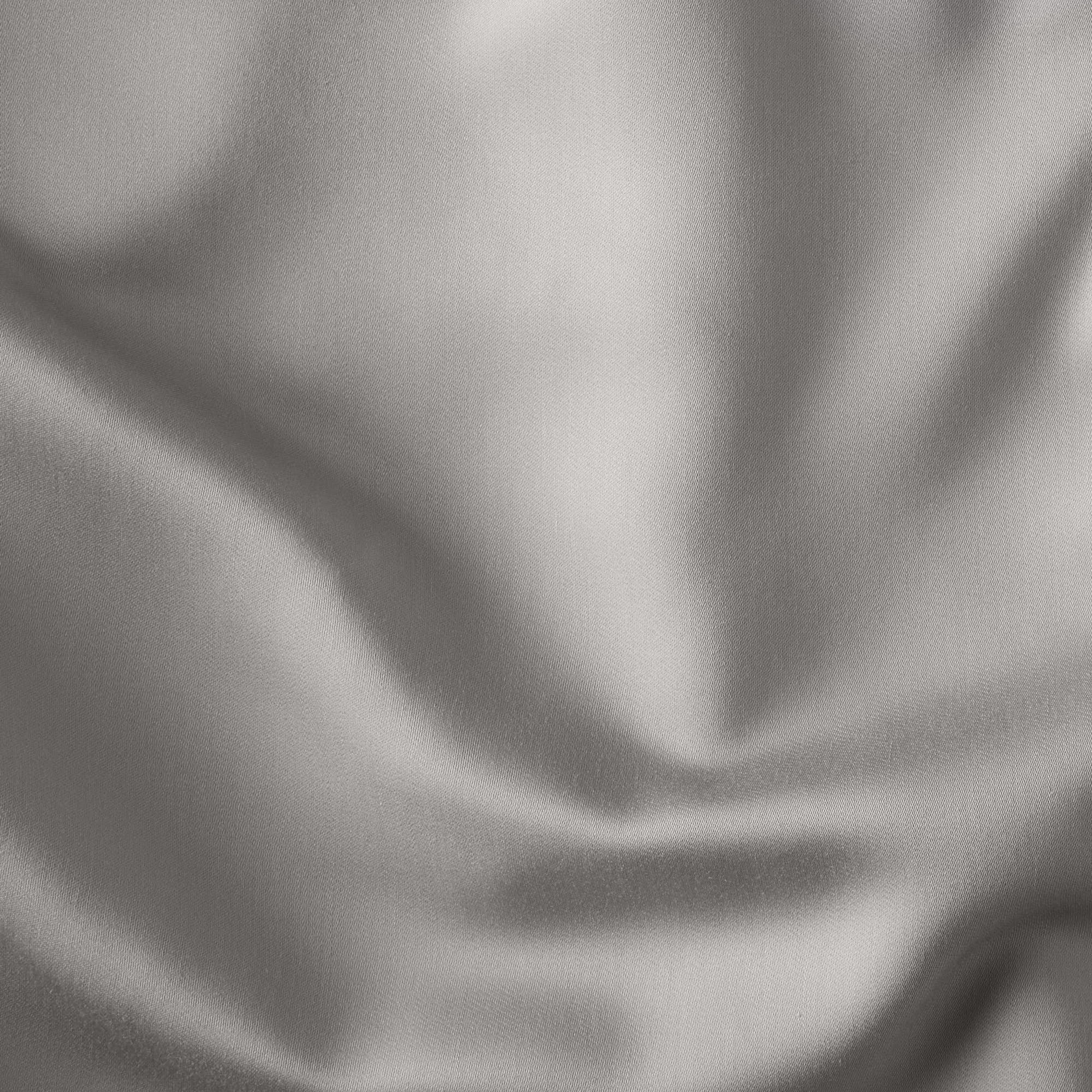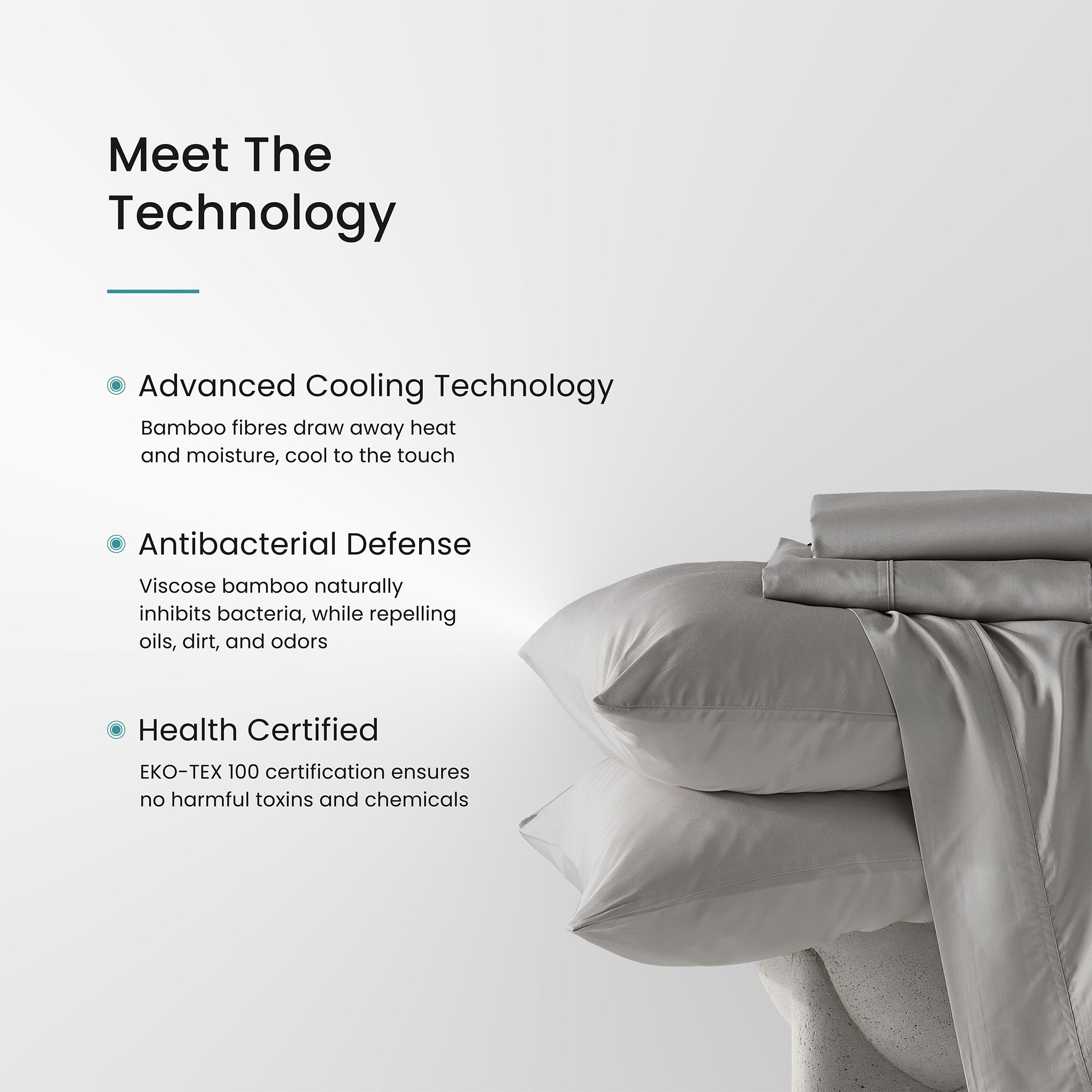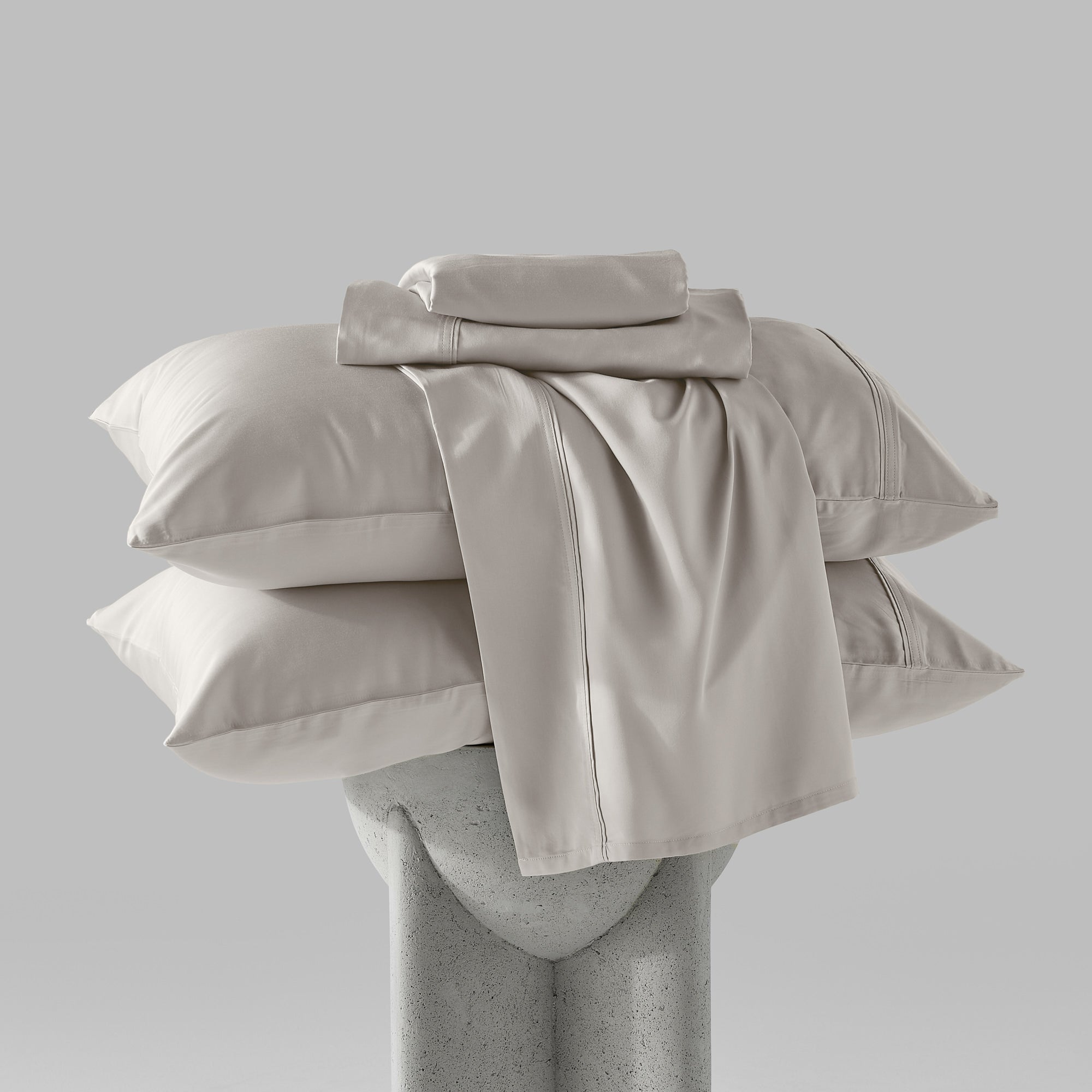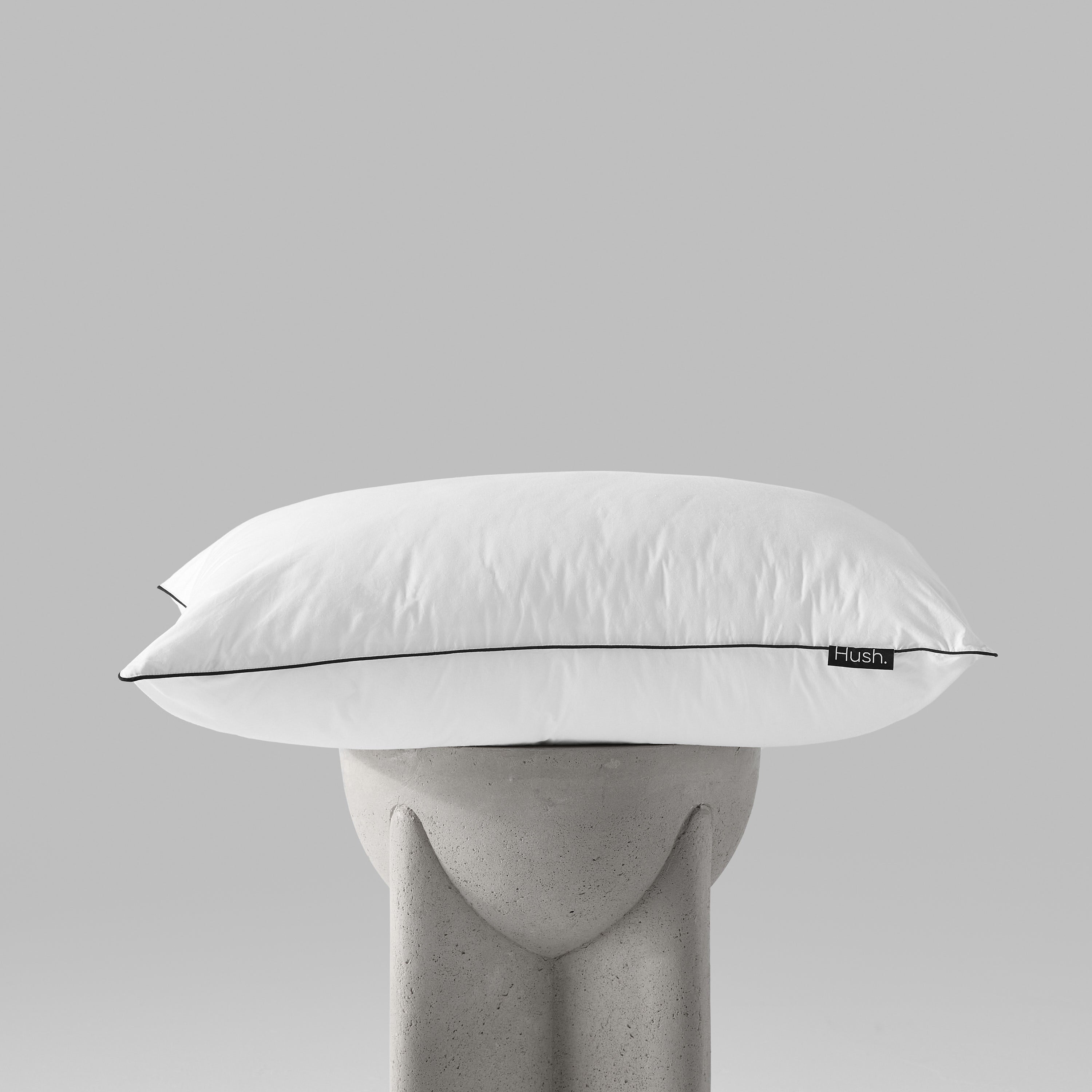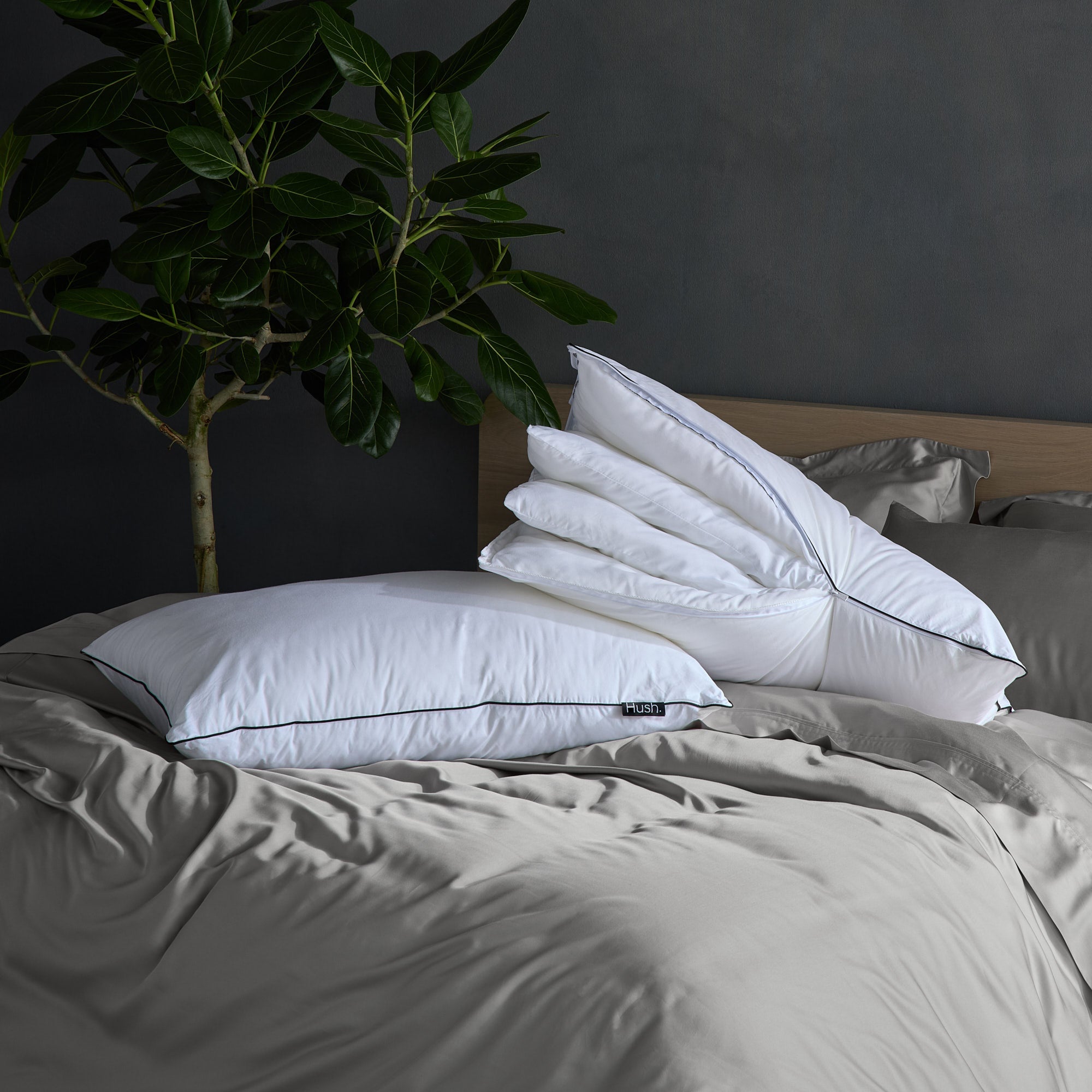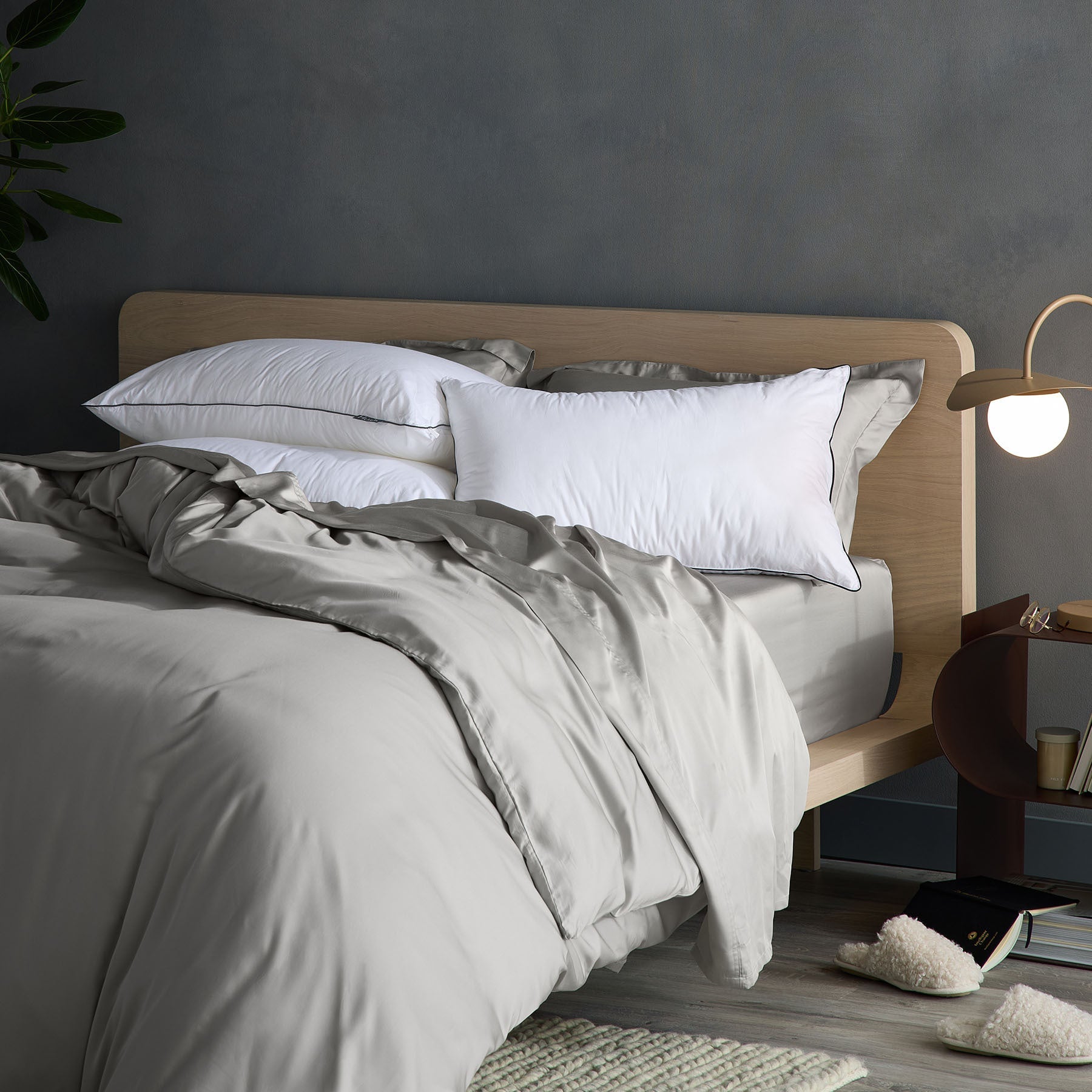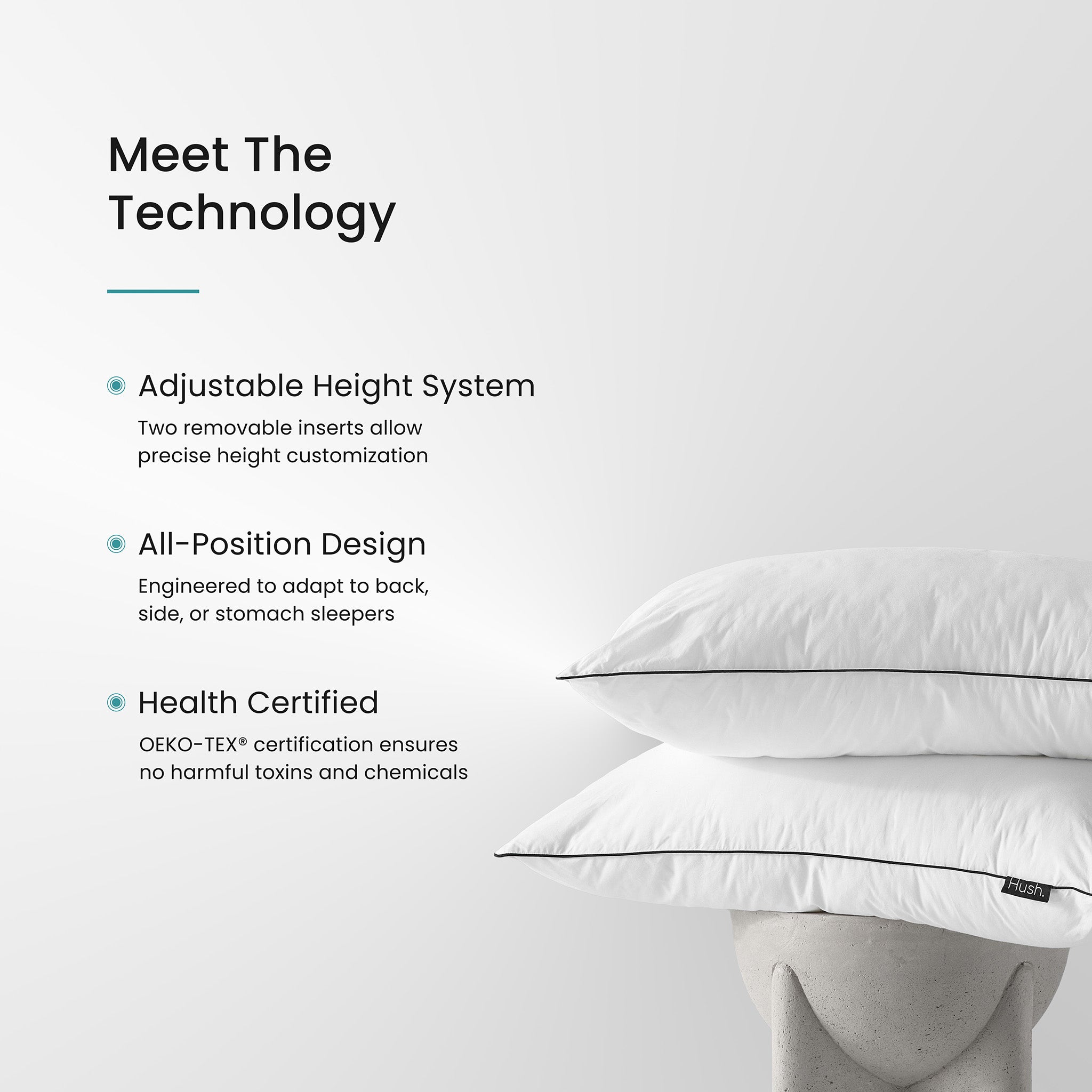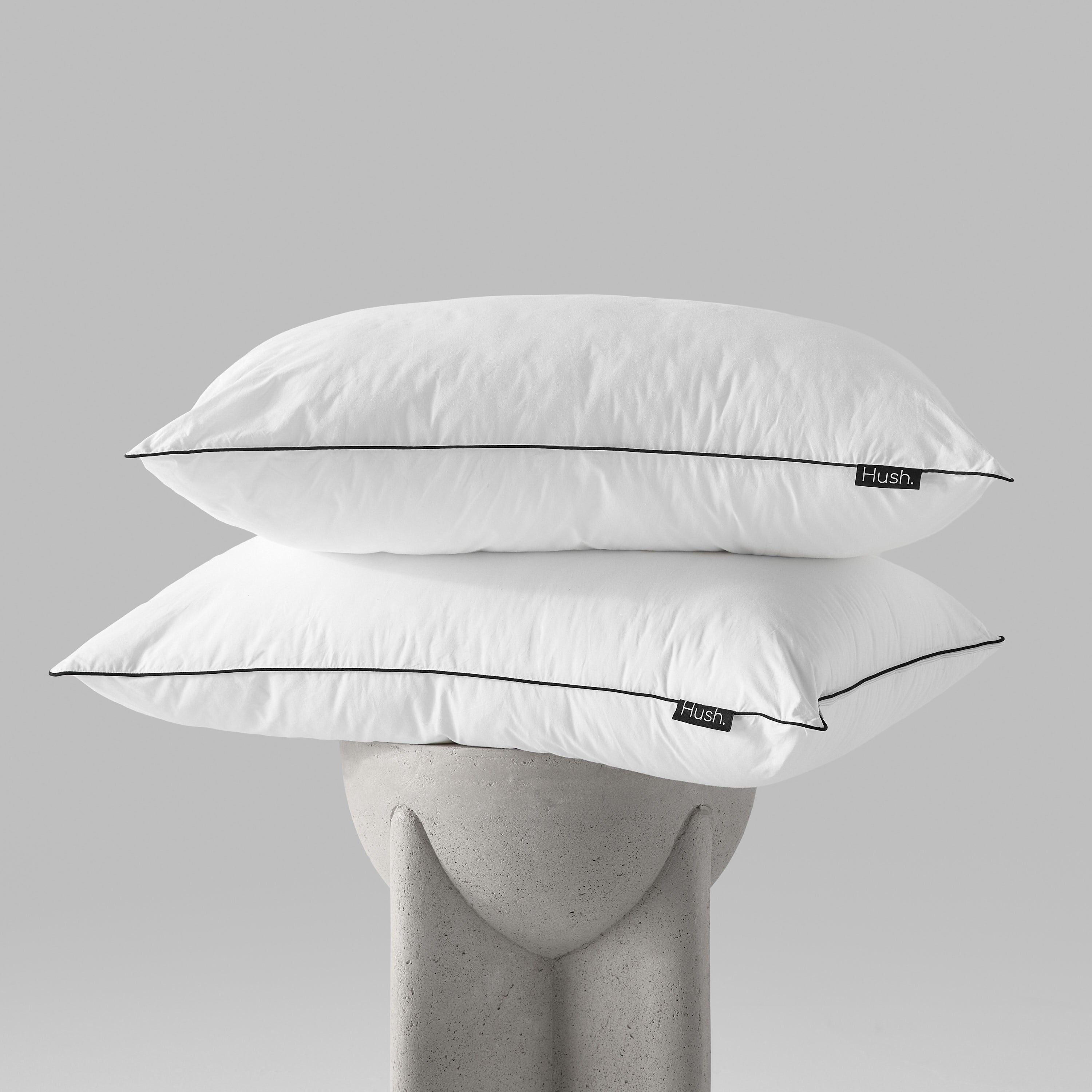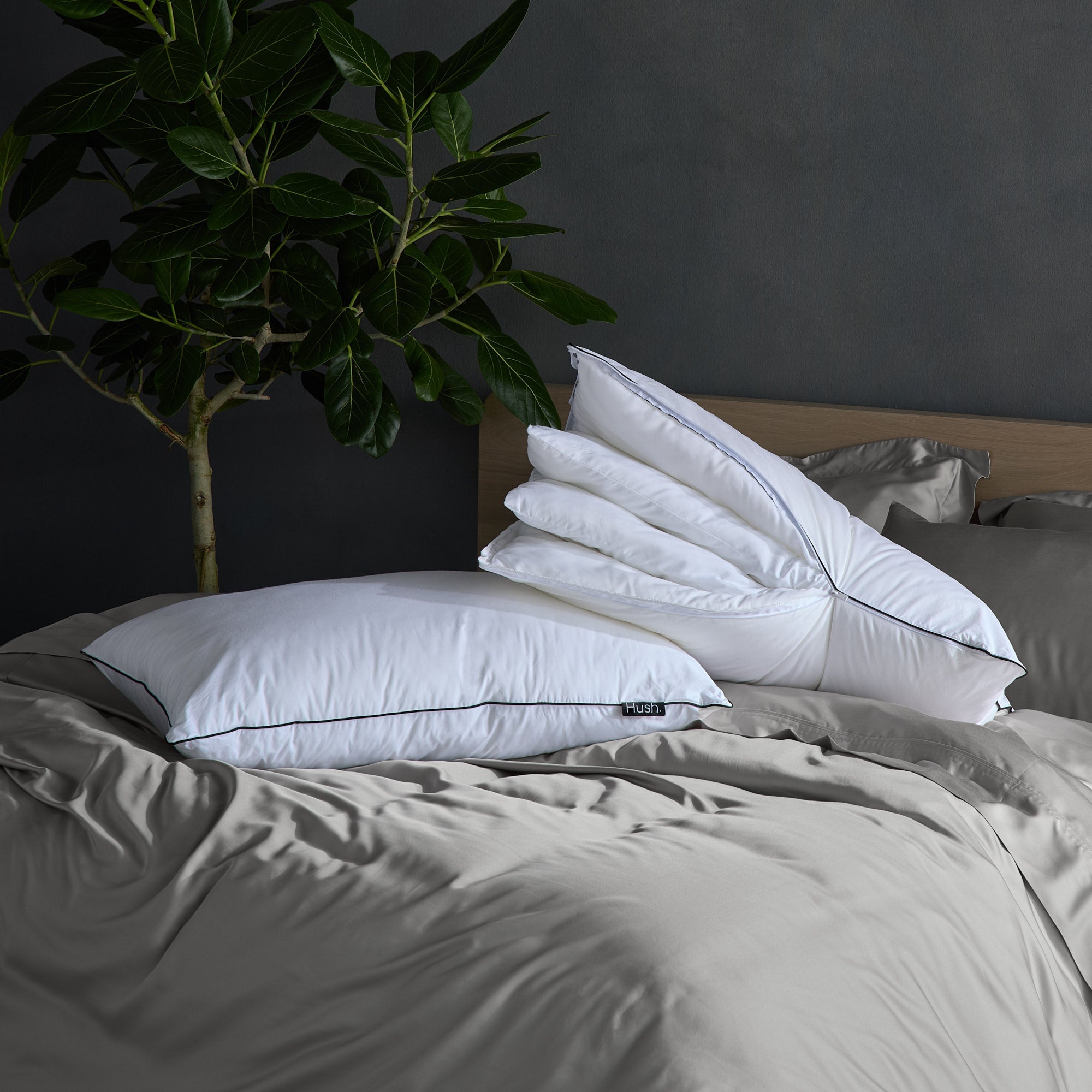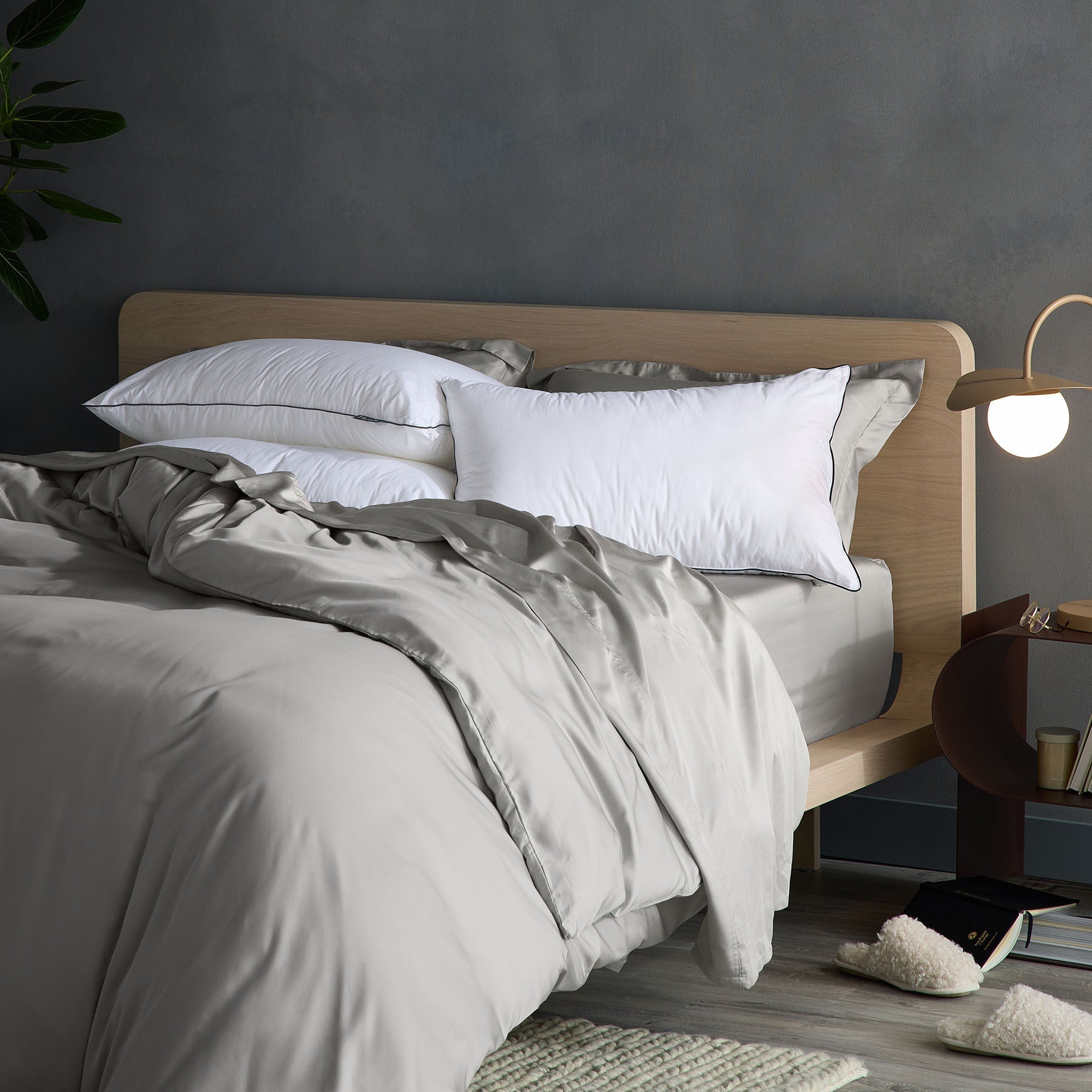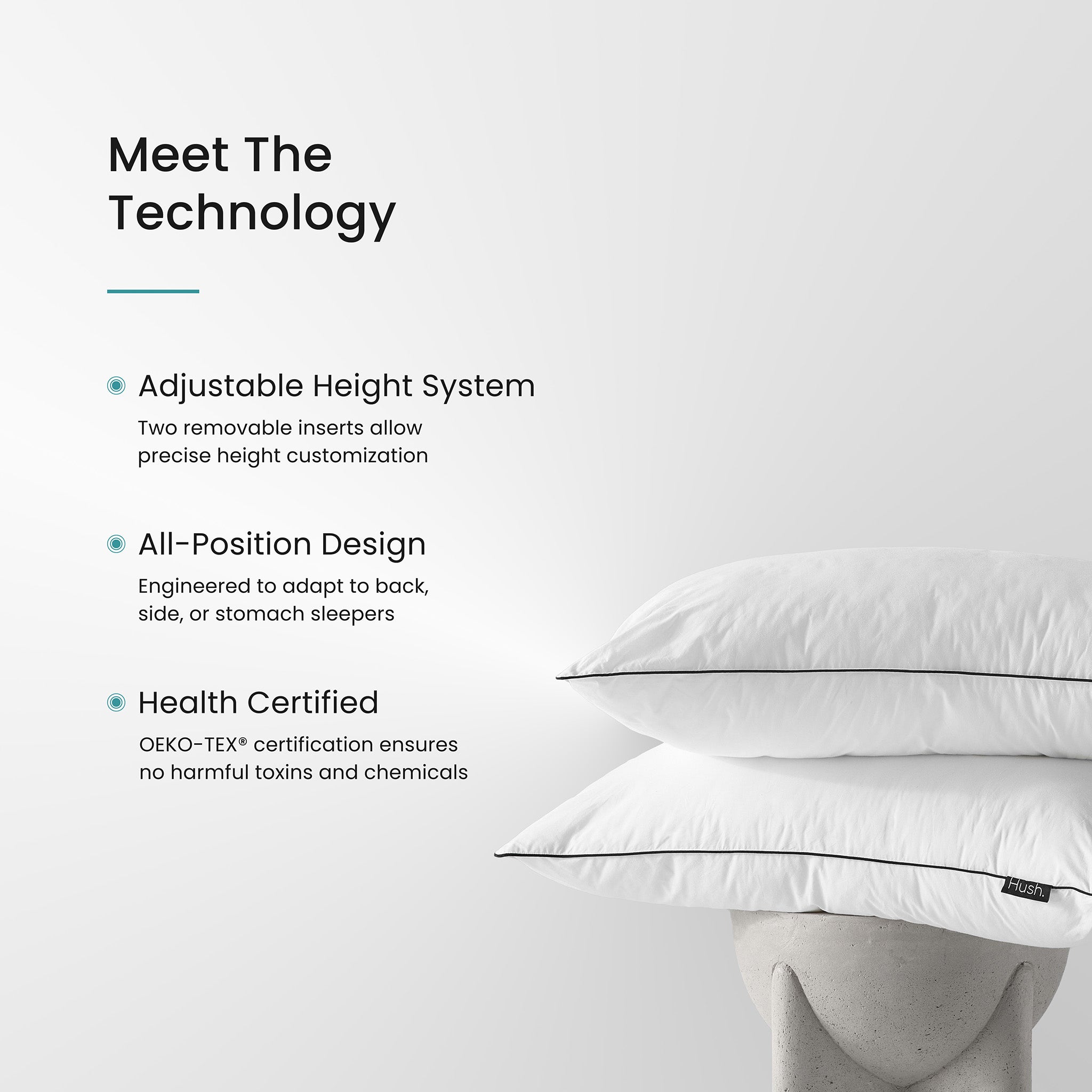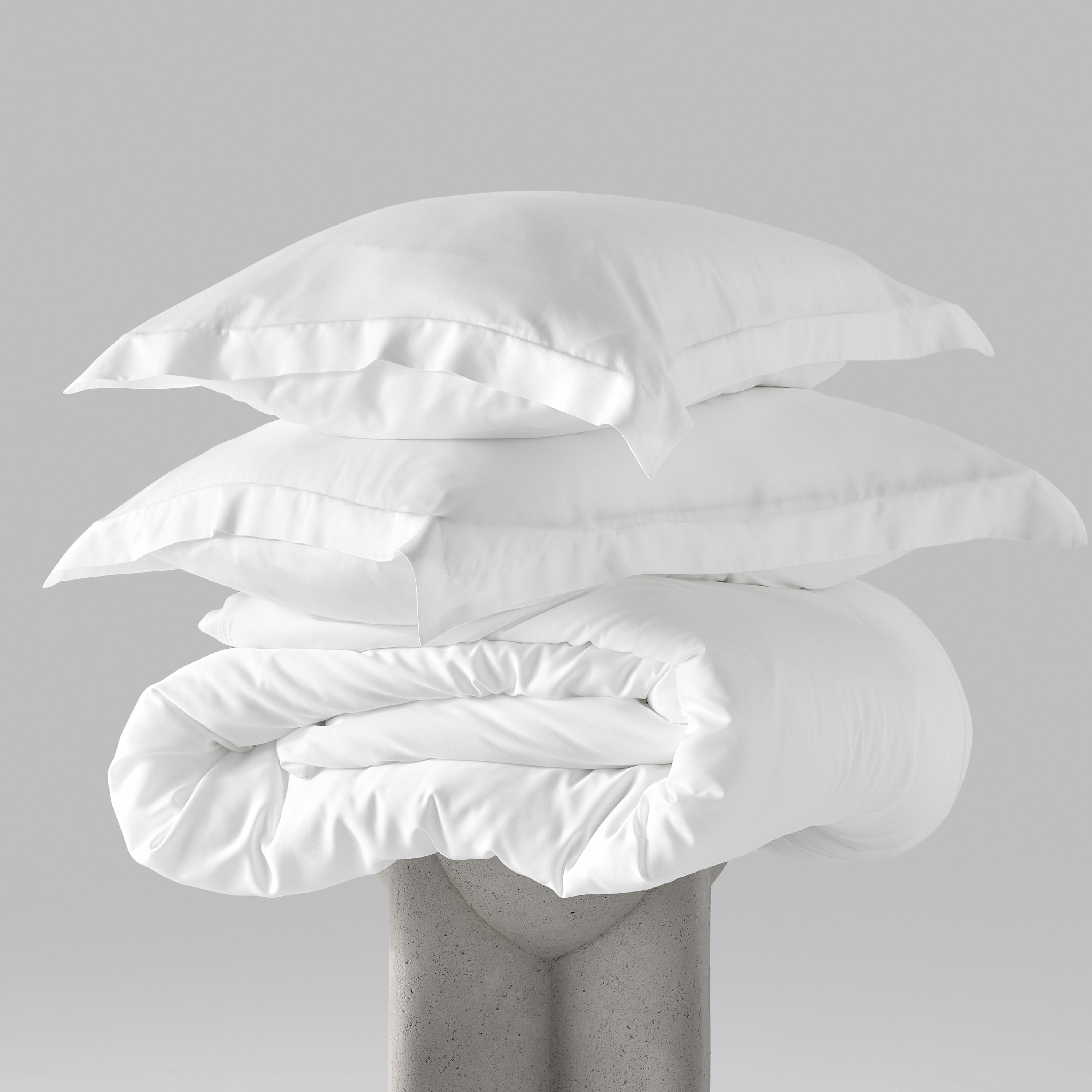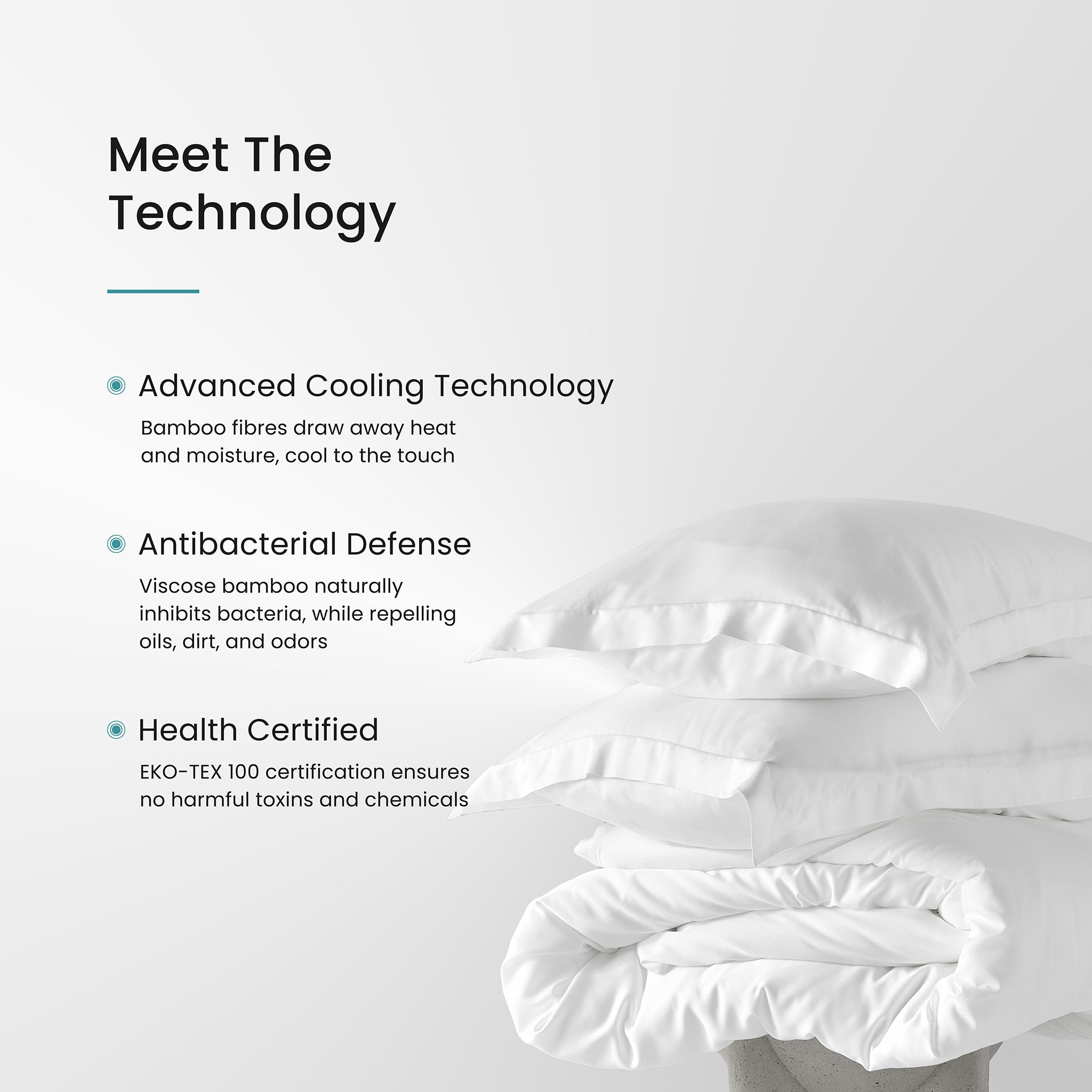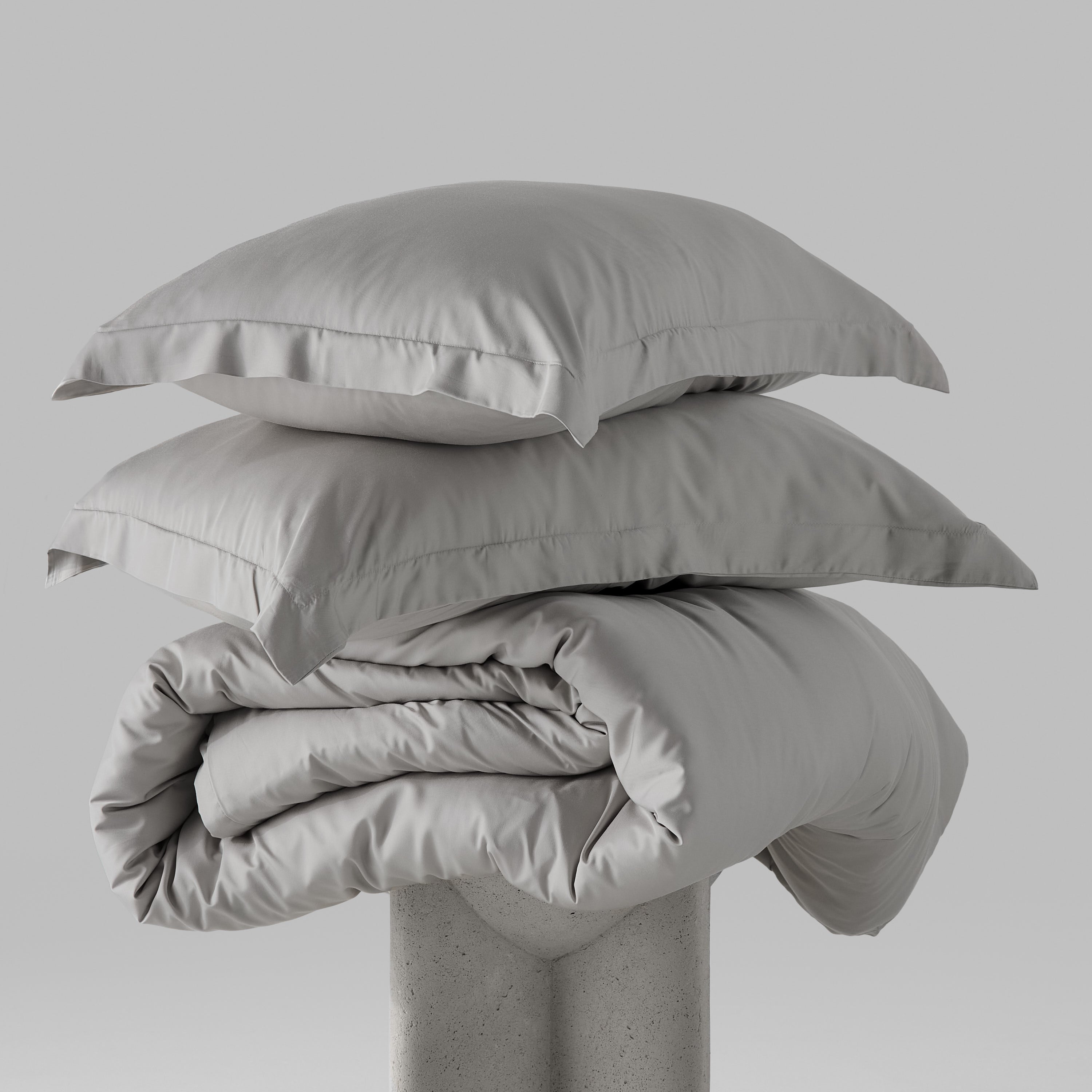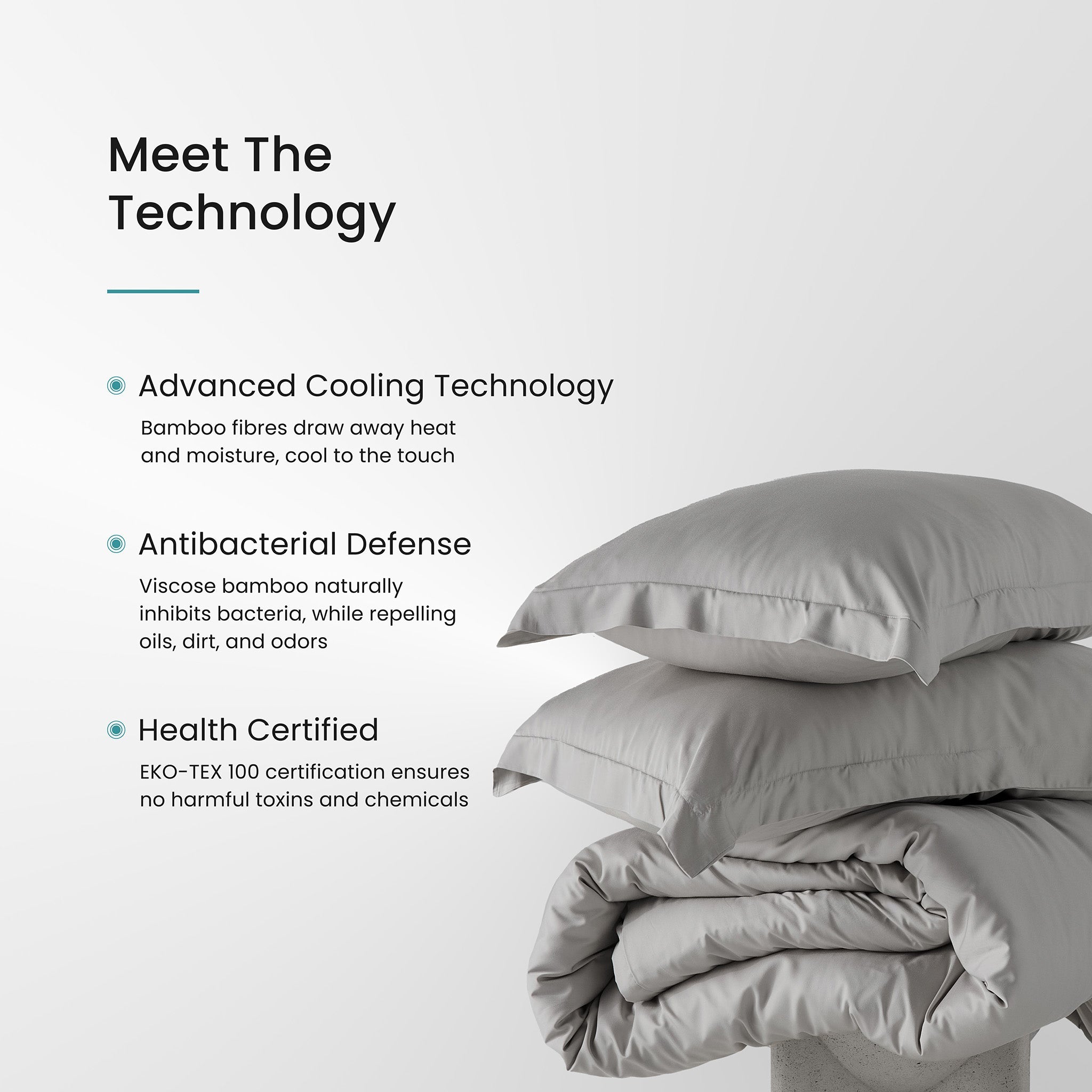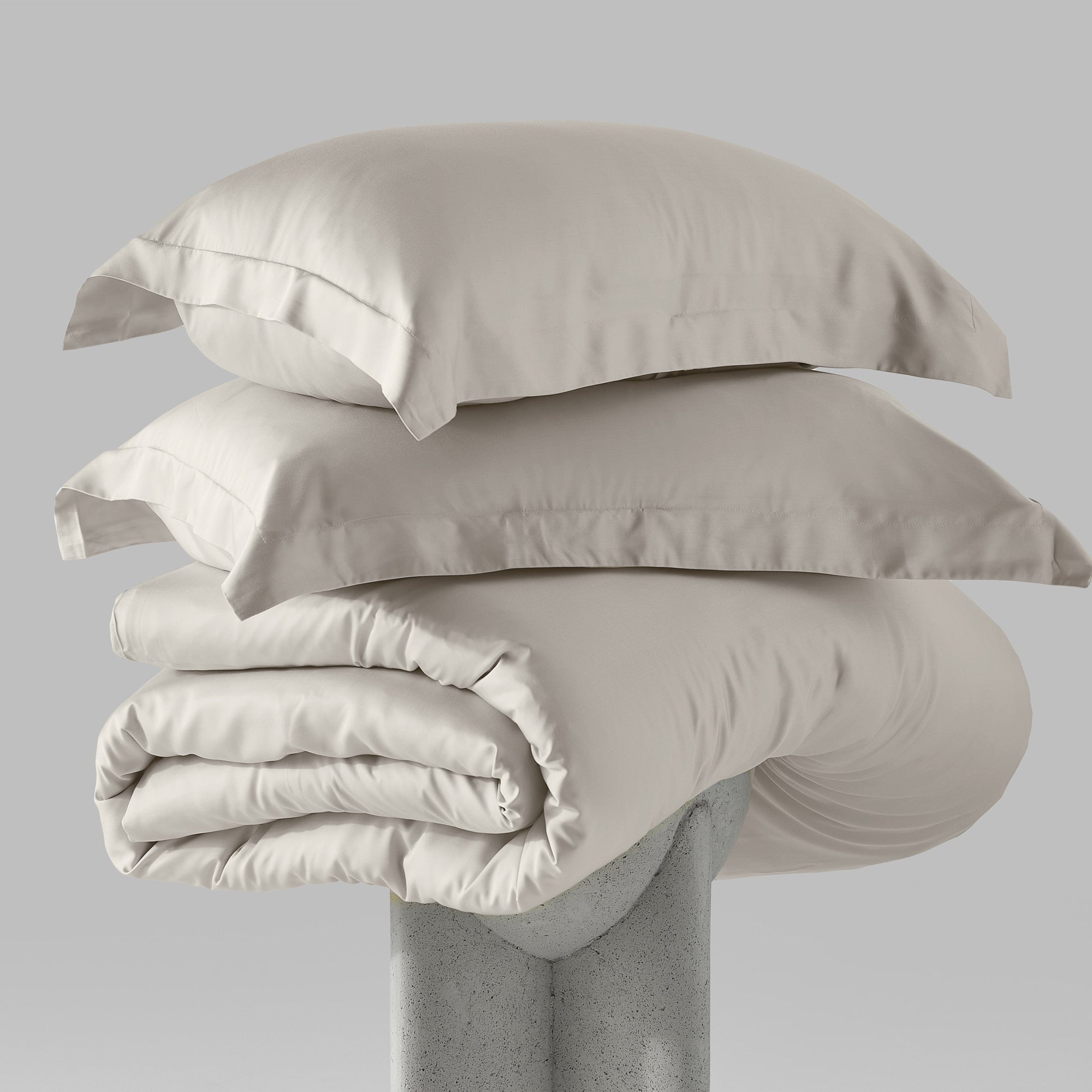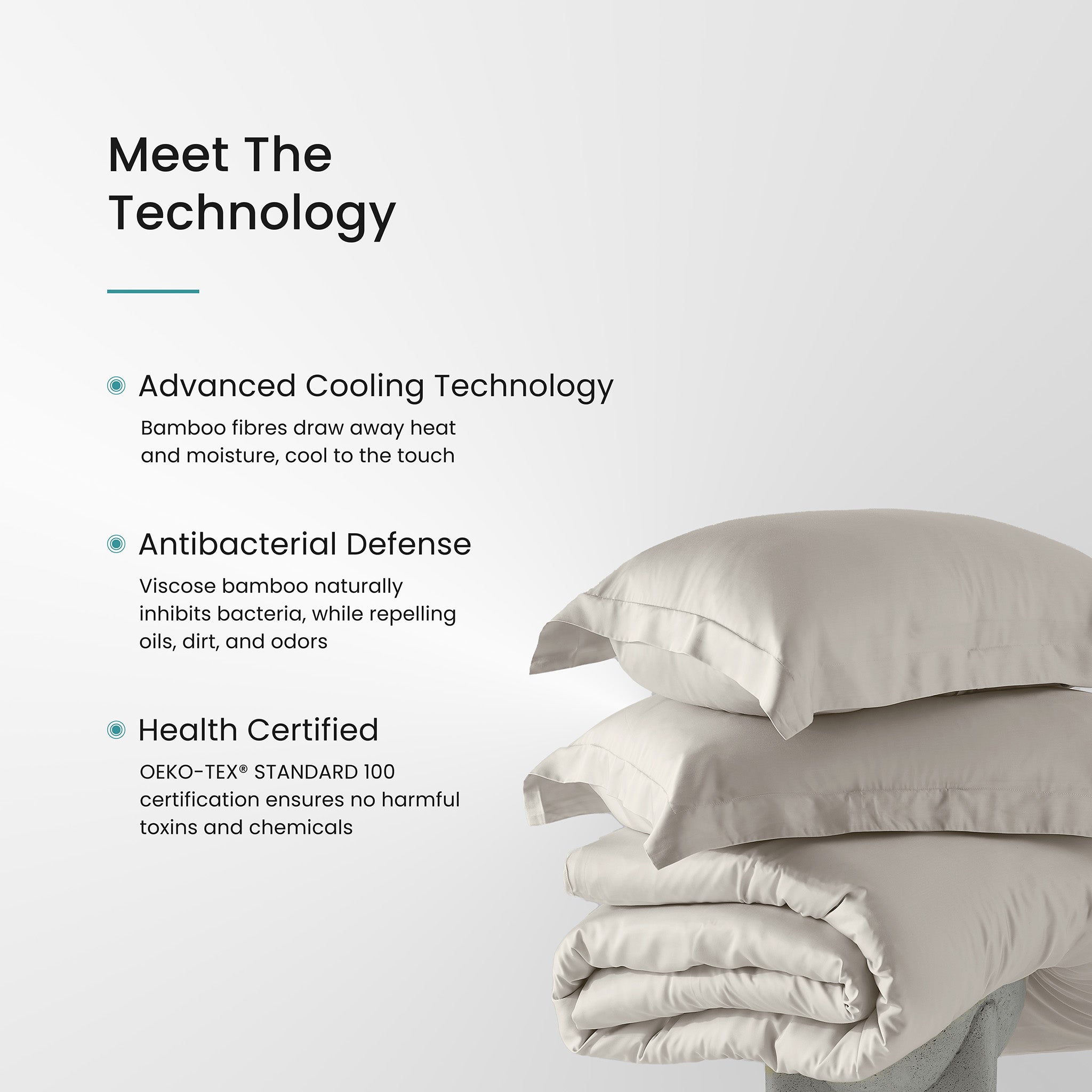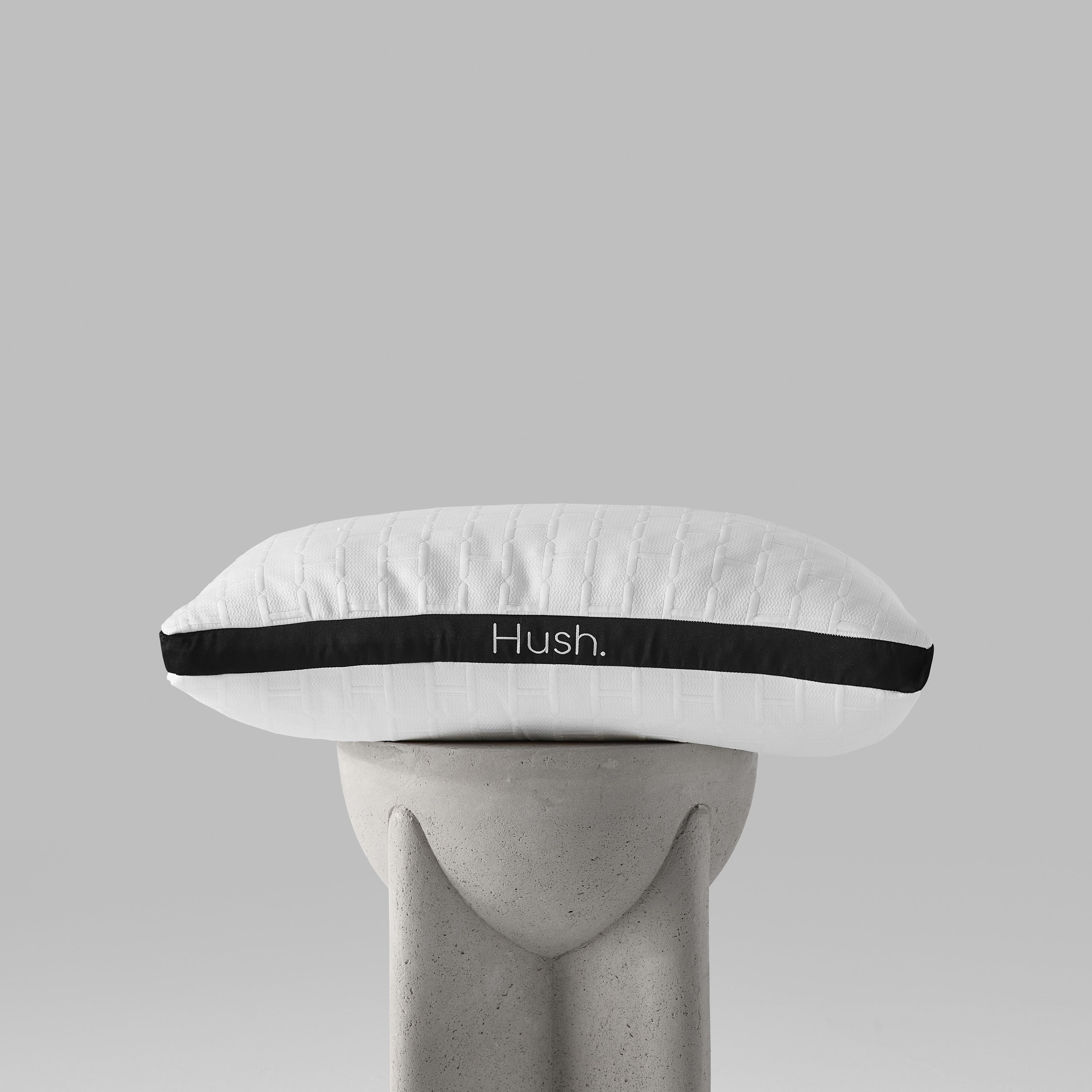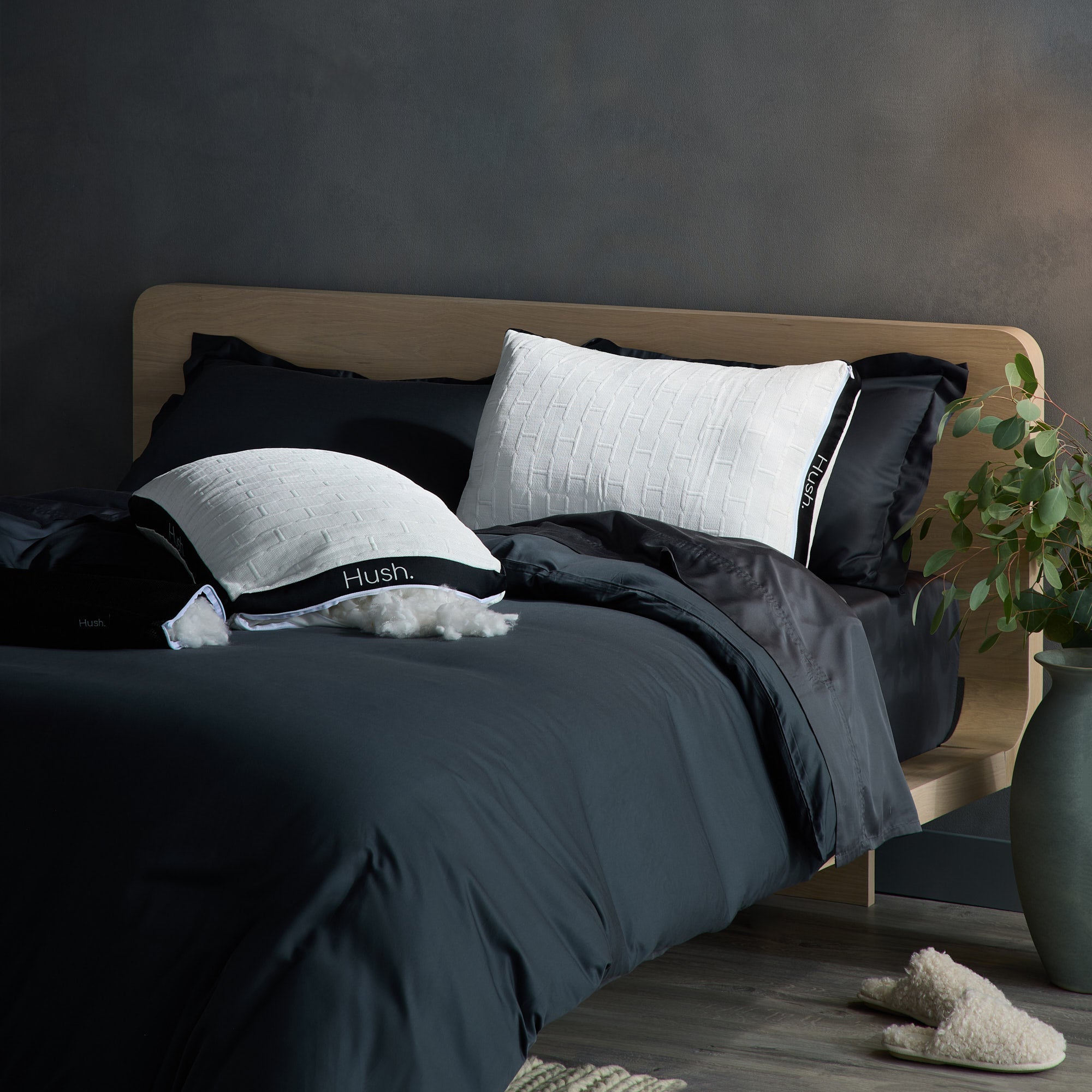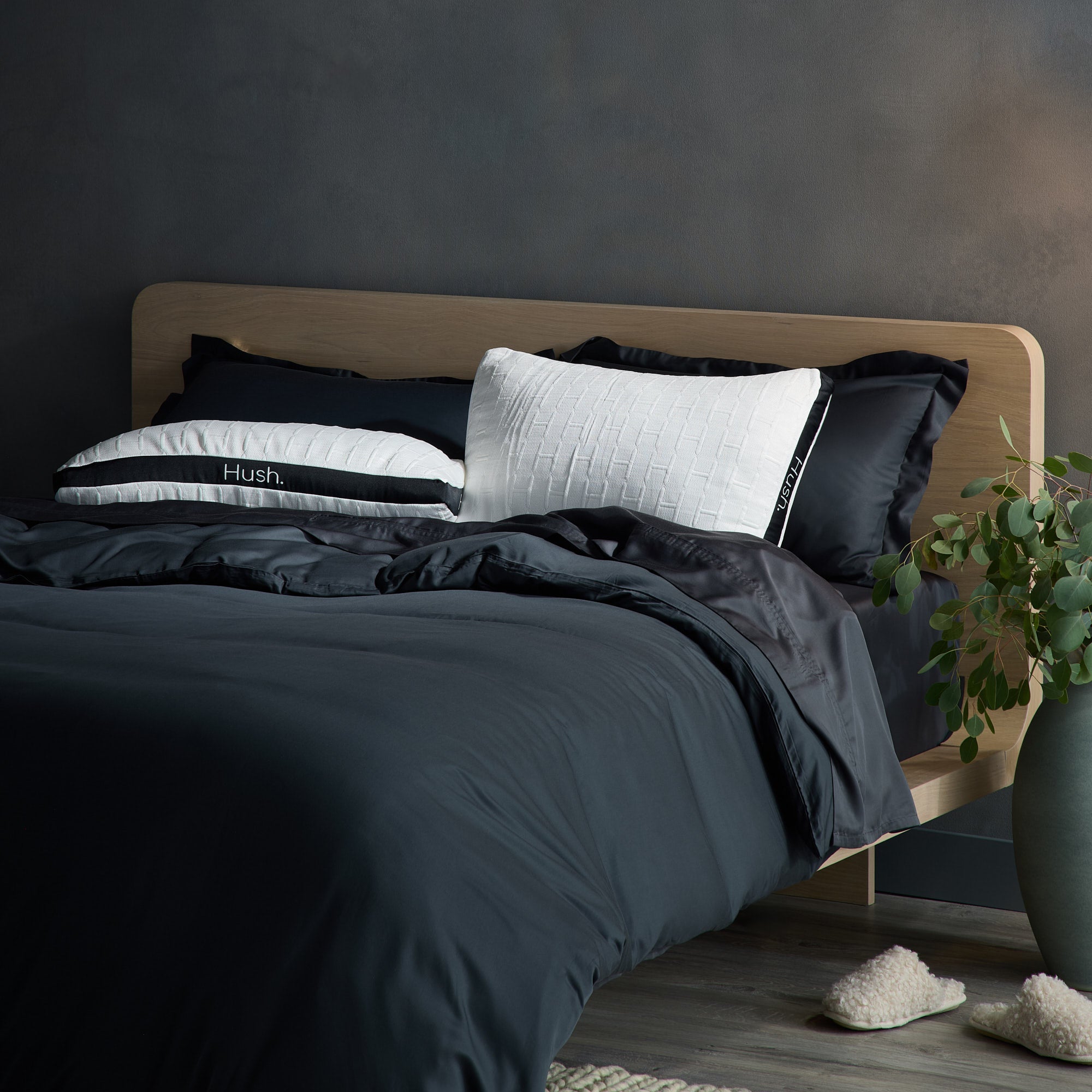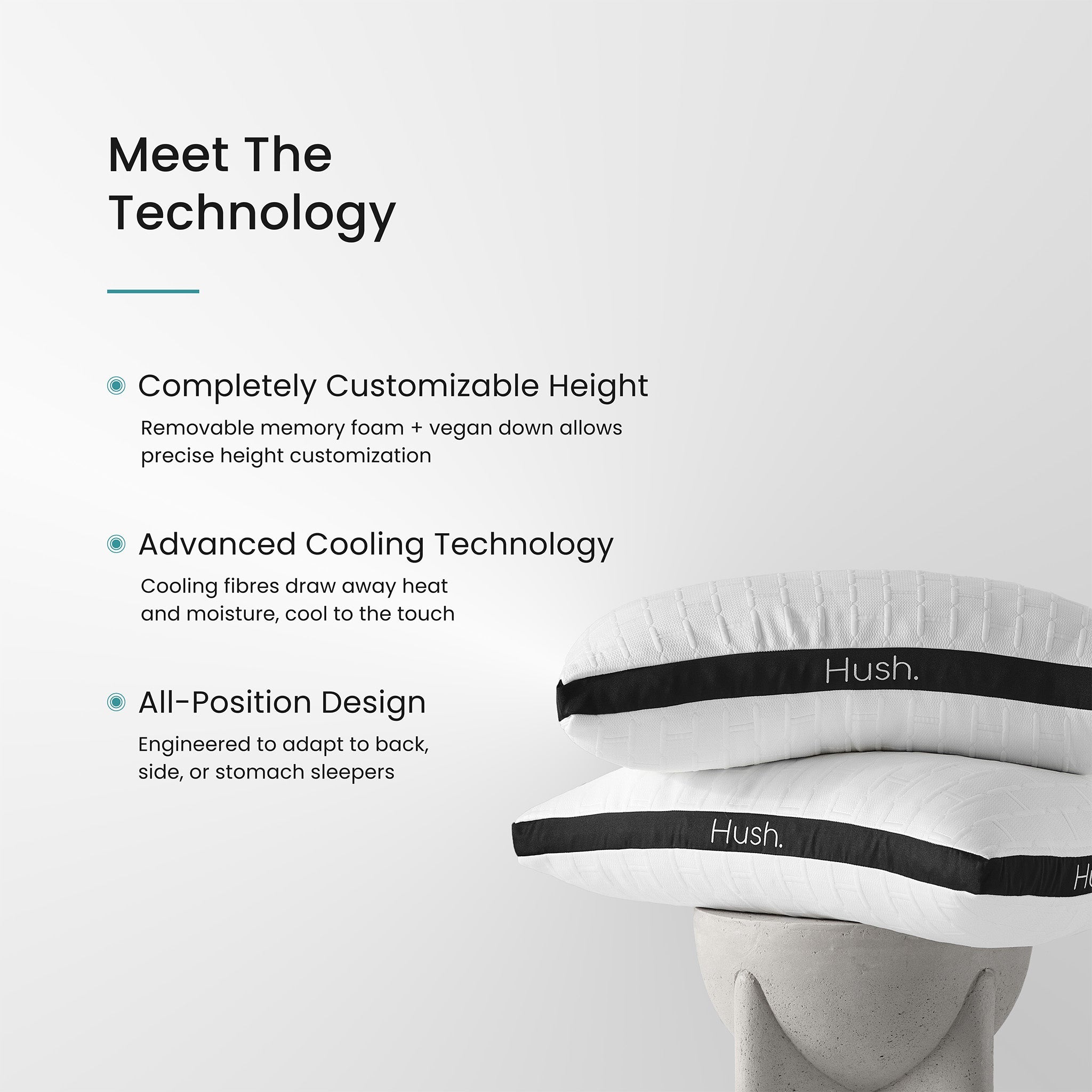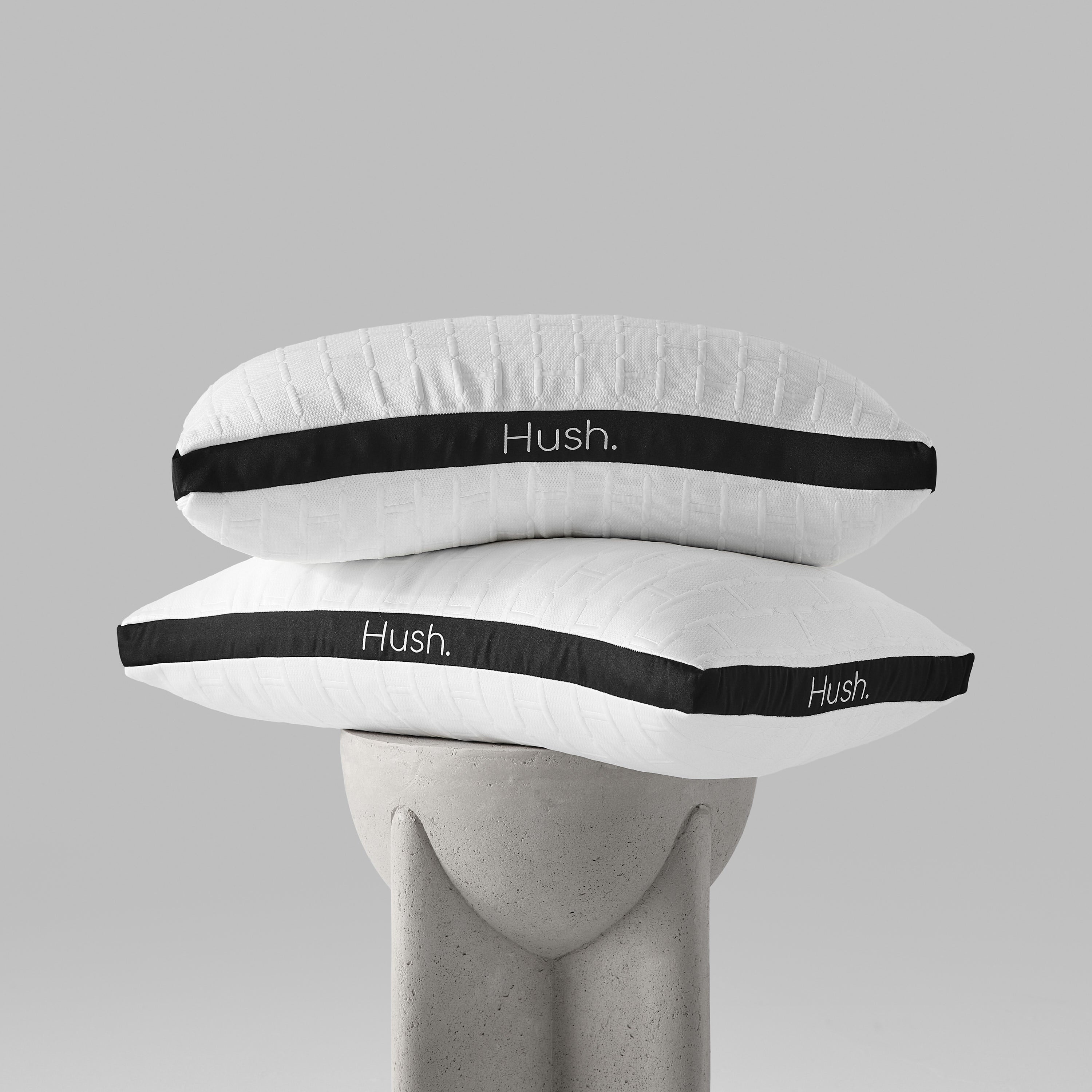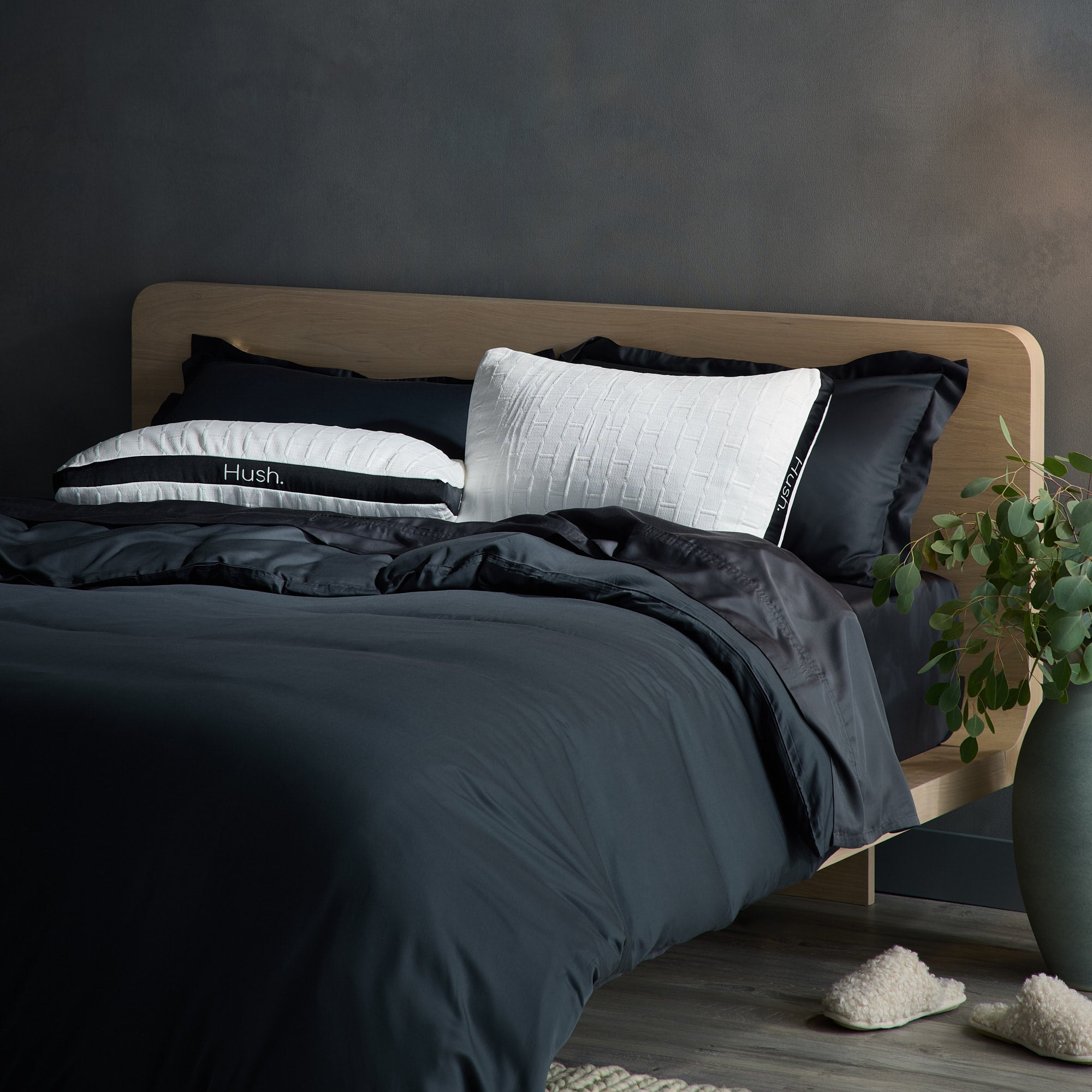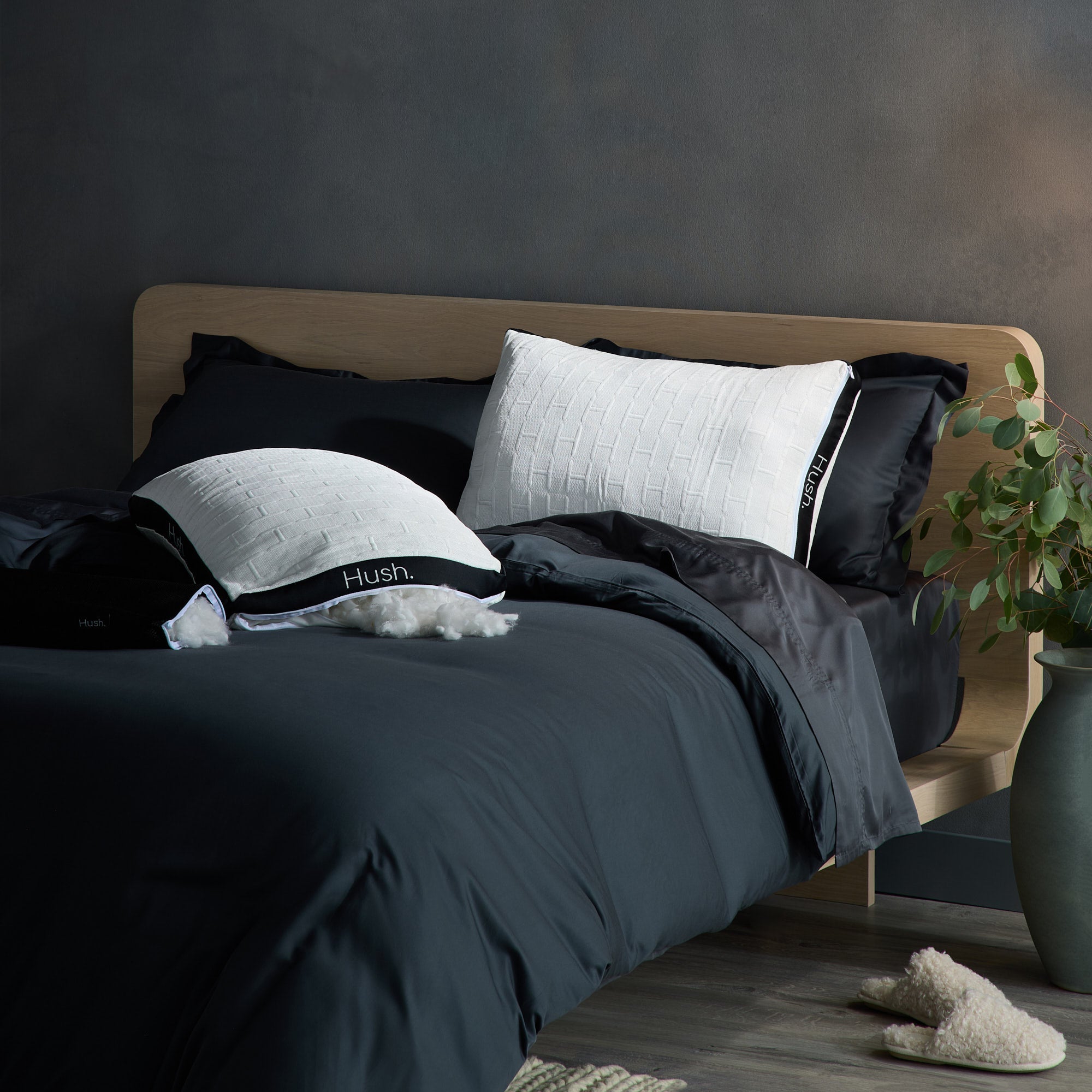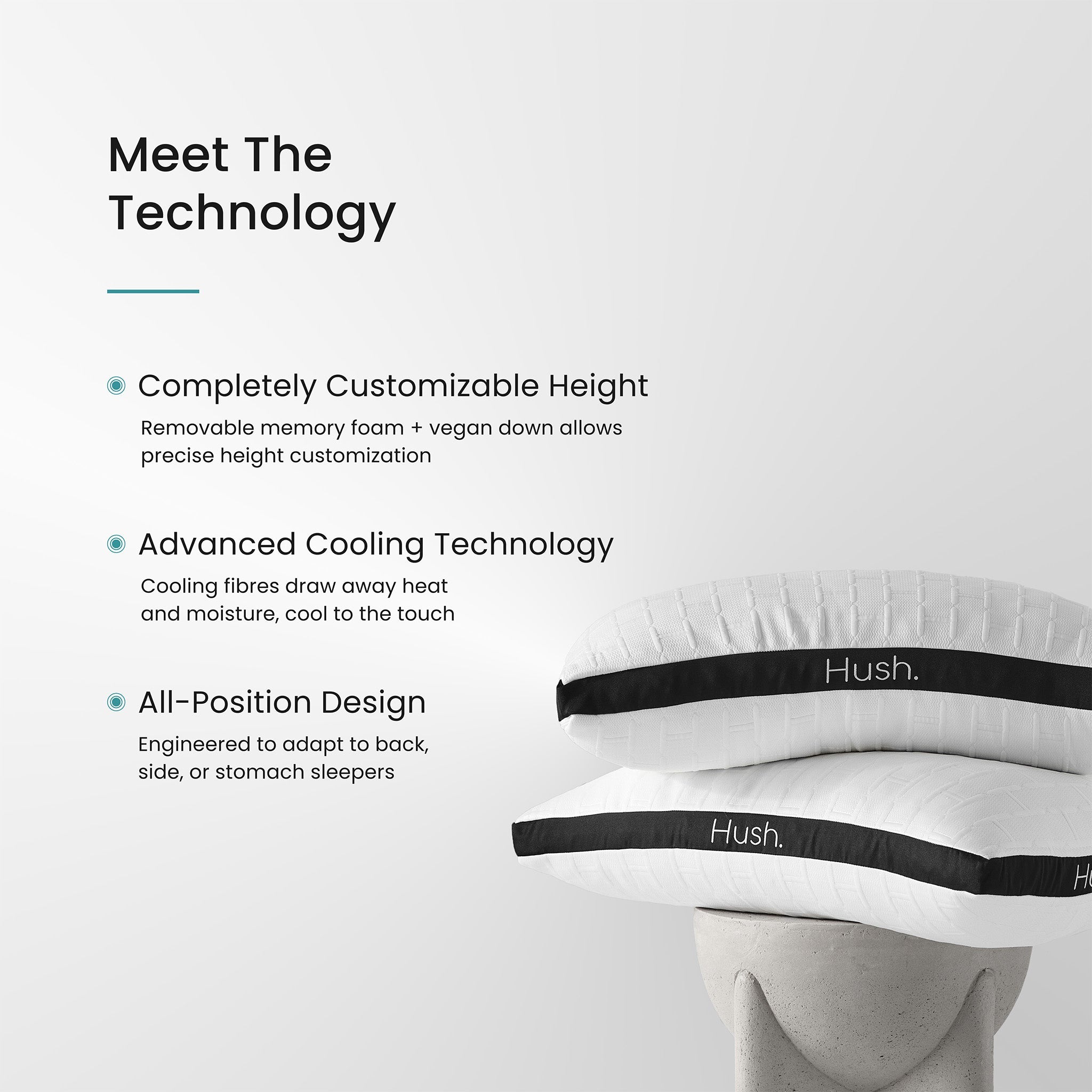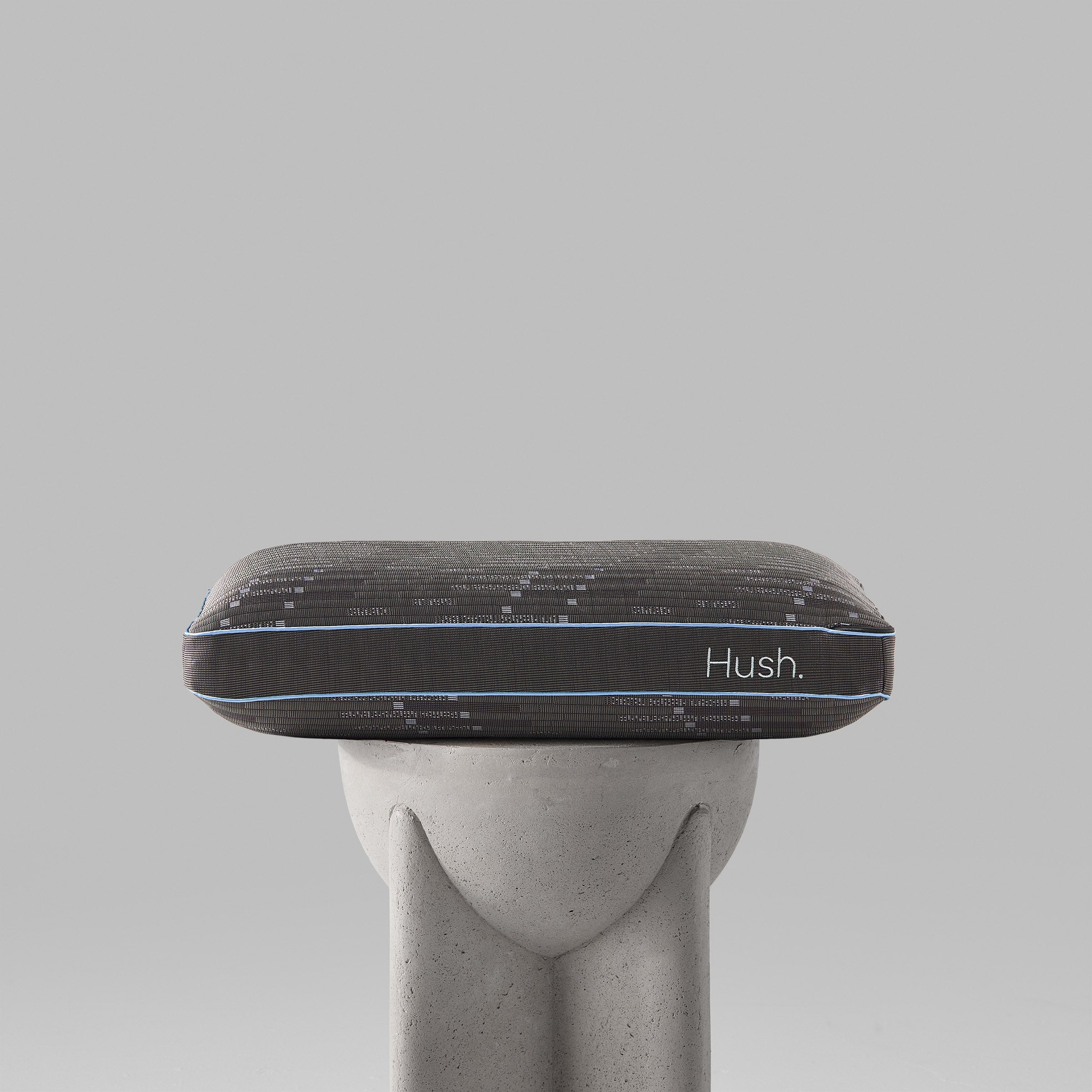When it comes to our health and wellbeing, there’s perhaps nothing more important than a good night’s sleep. Not only does adequate rest help our immune system function optimally and promote good physical health, but getting enough sleep also contributes significantly to our emotional wellbeing. The impact of things like stress, anxiety, and normal day-to-day worries can all be minimized with around 7-9 hours of sleep per night - but studies consistently show that Canadians aren’t getting enough sleep.
While there are a range of factors that can contribute to poor sleep hygiene, the road to better rest begins with creating a relaxing, peaceful ambience at home - and having the right bedding is the best place to start. While both Bamboo and Tencel sheets have become a popular choice in recent years both in Canada and abroad, what’s the difference between the two, and which material is right for your bed sheets? Let’s take a closer look.
What are Bamboo Sheets?
As the name implies, bamboo sheets are a form of bedding derived from bamboo plants; these sheets can either be manufactured chemically or mechanically, either by crushing the bamboo (then treating it with enzymes) or cooking the bamboo with caustic soda or lye. Not only is bamboo an incredibly soft fibre, but it’s also one of the most eco-friendly options on the market, especially when manufactured mechanically. At Hush, we use viscose bamboo which requires zero fertilizer, pesticides, heavy harvesting machinery or irrigation - all our bamboo fabrics are biodegradable with a closed-loop production system to ensure sustainability.
Benefits of Bamboo Sheets
Aside from being eco-friendly, bamboo sheets boast a number of considerable benefits for your sleep hygiene, your health, and your skin:
Antibacterial & Hypoallergenic
Let’s face it - our bed sheets are prone to accumulating dirt, bacteria, and even dust, and some of these germs can actually pose significant consequences for our health, either through skin infections or simple acne breakouts. As bamboo is naturally antibacterial, antifungal and hypoallergenic, you’re less likely to find yourself breaking out in pimples, and you may also find that any symptoms of seasonal allergies are greatly reduced when switching to bamboo sheets.
Cooling
Studies have consistently shown that keeping a ‘cool’ temperature at night is one key element to enjoying a restful night’s sleep - we all know how difficult it can be to nod off when we’re feeling hot or clammy during the summer! This is where bamboo sheets come in handy; as bamboo is naturally cool to the touch - while also being moisture-wicking - bamboo sheets can help keep your body cool as you doze off, ideal for hot weather or even for those who suffer from night sweats and hot flashes.
Easy to Clean
Another benefit of Bamboo sheets is how simple they are to clean and maintain; all you need to do is wash them cold on a gentle setting, before either letting them air dry or tumble-dry on a low heat. Plus, as they’re wrinkle-resistant, you don’t need to worry about the fabric degrading with each wash.
What are Tencel Sheets?
While Tencel as a fibre is similar to Bamboo, Tencel is made out of cellulose from wood (typically eucalyptus) rather than bamboo plant, and is often touted for its notable softness. Tencel is another eco-friendly option when it comes to sustainable bedding, as only non-toxic solvents are used during the manufacturing process.
Benefits of Tencel Sheets
So, what are some benefits of Tencel sheets? Let’s take a look.
Breathability
Like bamboo sheets, Tencel sheets are notable for their considerable breathability, and being hydrophilic, they’re a great choice for those who struggle with temperature regulation at night. Like bamboo sheets, they wick away moisture from the skin, so you can nod off easily without feeling hot and clammy.
Sustainability
Another benefit of Tencel sheets is their green advantage: as we mentioned above, Tencel sheets boast an eco-friendly manufacturing process that uses only non-toxic solvents during production, so they’re a great choice for those looking to be eco-conscious in their textile choices.
Tencel vs. Bamboo: What’s the Difference?
So when it comes to bamboo vs Tencel sheets, what’s the difference between the two? Let’s break down some key disparities.
Softness
When it comes to fabric softness, both bamboo sheets and Tencel sheets are markedly softer than cotton or plastic sheets, and both have a smooth-to-the-touch feel rather than the typical ‘crisp’ feel that you can expect from cotton alternatives. However, bamboo sheets have the advantage here, as Tencel sheets do tend to be more susceptible to mildew than bamboo due to their hydrophilic properties.
Breathability
When it comes to temperature regulation and breathability, both Tencel and bamboo sheets are great at wicking away moisture from the skin and keeping your body cool at night. However, we’d stipulate that bamboo has the upper hand here; bamboo doesn’t trap odours, sweat or moisture, and while Tencel sheets can offer the same benefits, they’re also more sensitive to hot or humid environments, which can harden the fabric.
Sustainability
When it comes to sustainability, it’s a myth that Tencel sheets have the upper hand; when manufactured without toxic chemicals and sourced ethically, Bamboo sheets are just as sustainable as Tencel sheets. At Hush, our cooling bamboo sheets are made without fertilizer and pesticides, with a closed-loop production system that guarantees zero byproduct.
The Verdict
Ultimately, both bamboo sheets and Tencel sheets are a great alternative to traditional cotton fabrics - but we’d have to give bamboo sheets the number one spot. Not only are bamboo sheets hypoallergenic, antibacterial, sustainable, breathable, and easy to clean, they’re also much easier to maintain than Tencel, and with in-built wrinkle-resistant properties, will look good-as-new on your bed no matter how often they’re washed.
